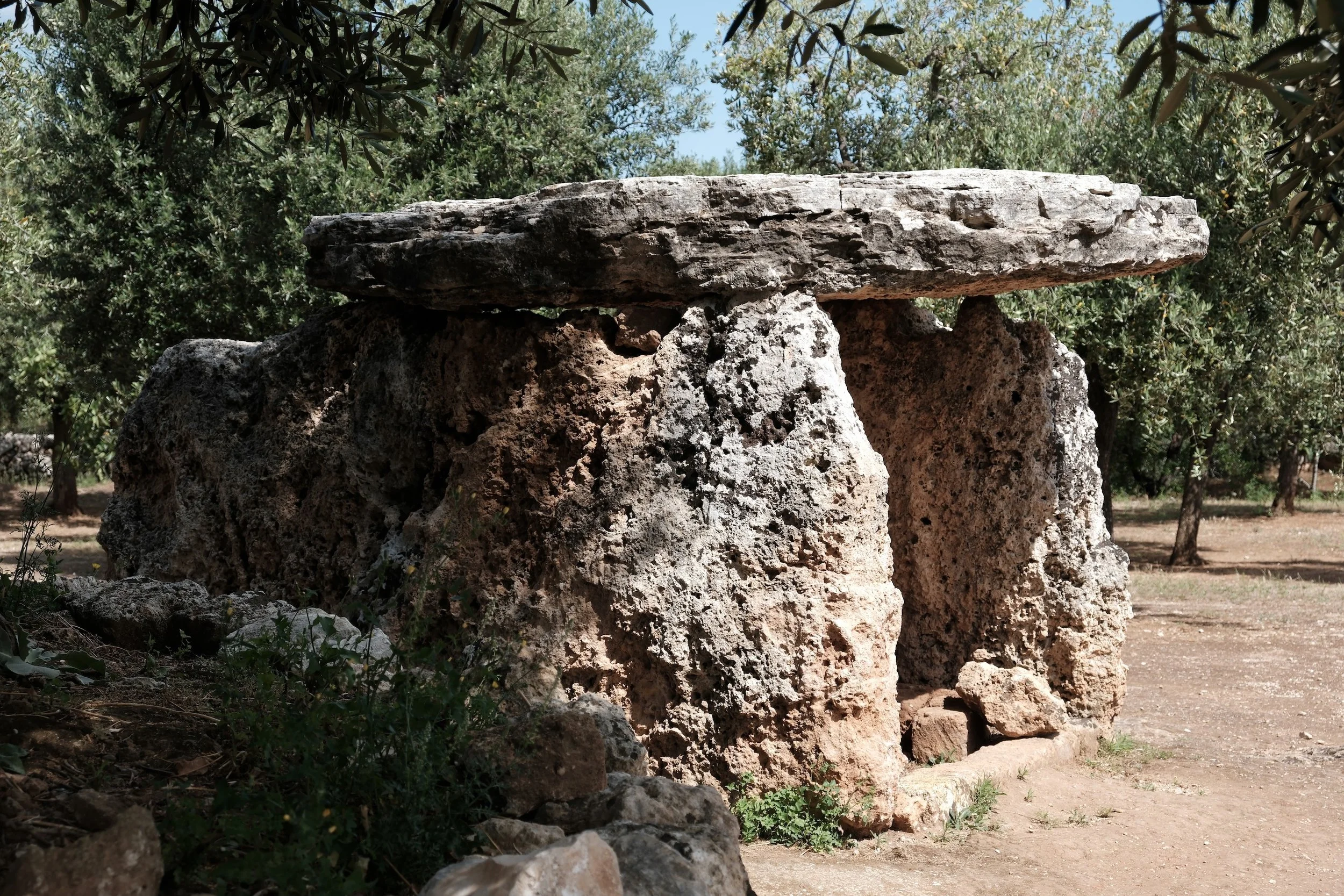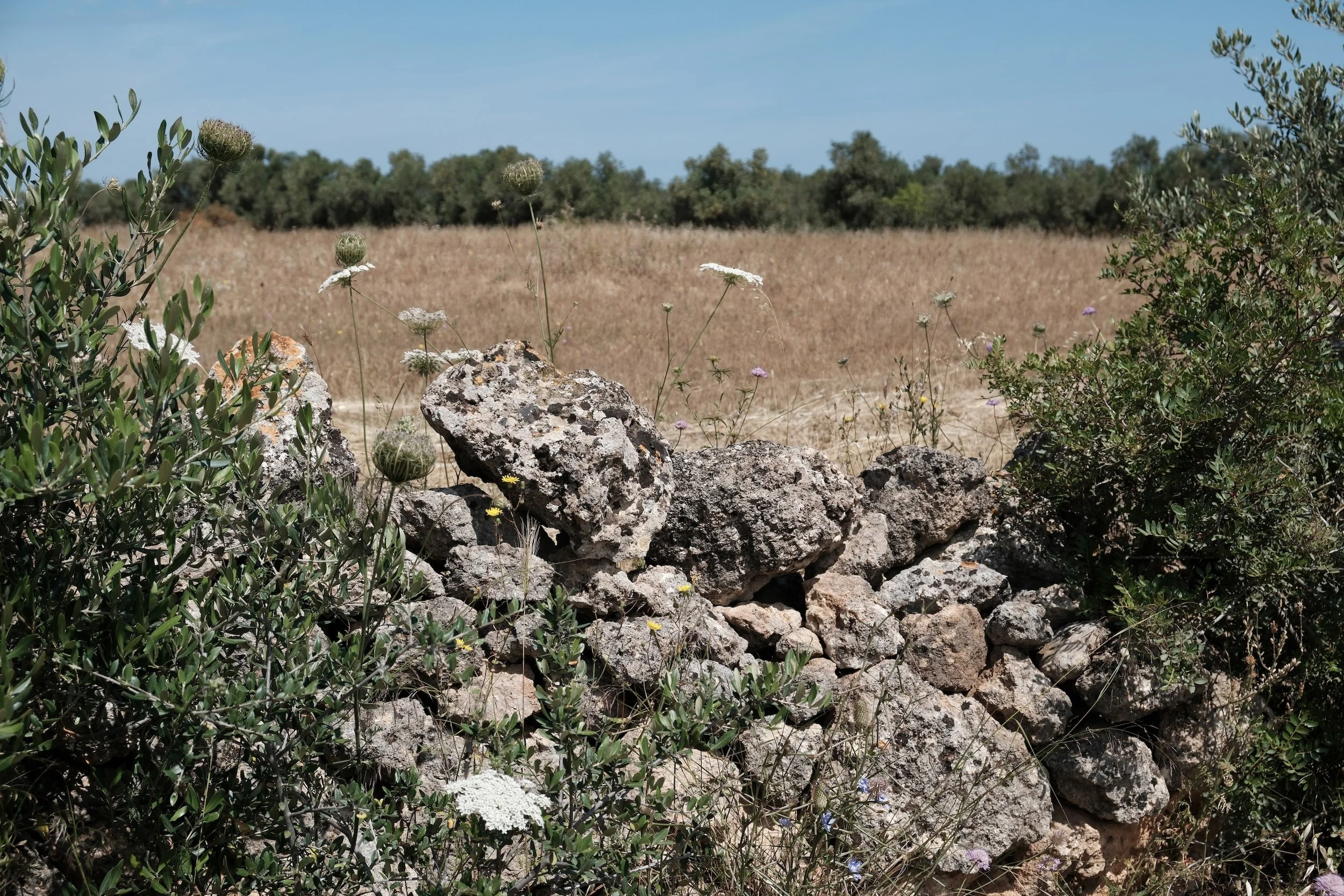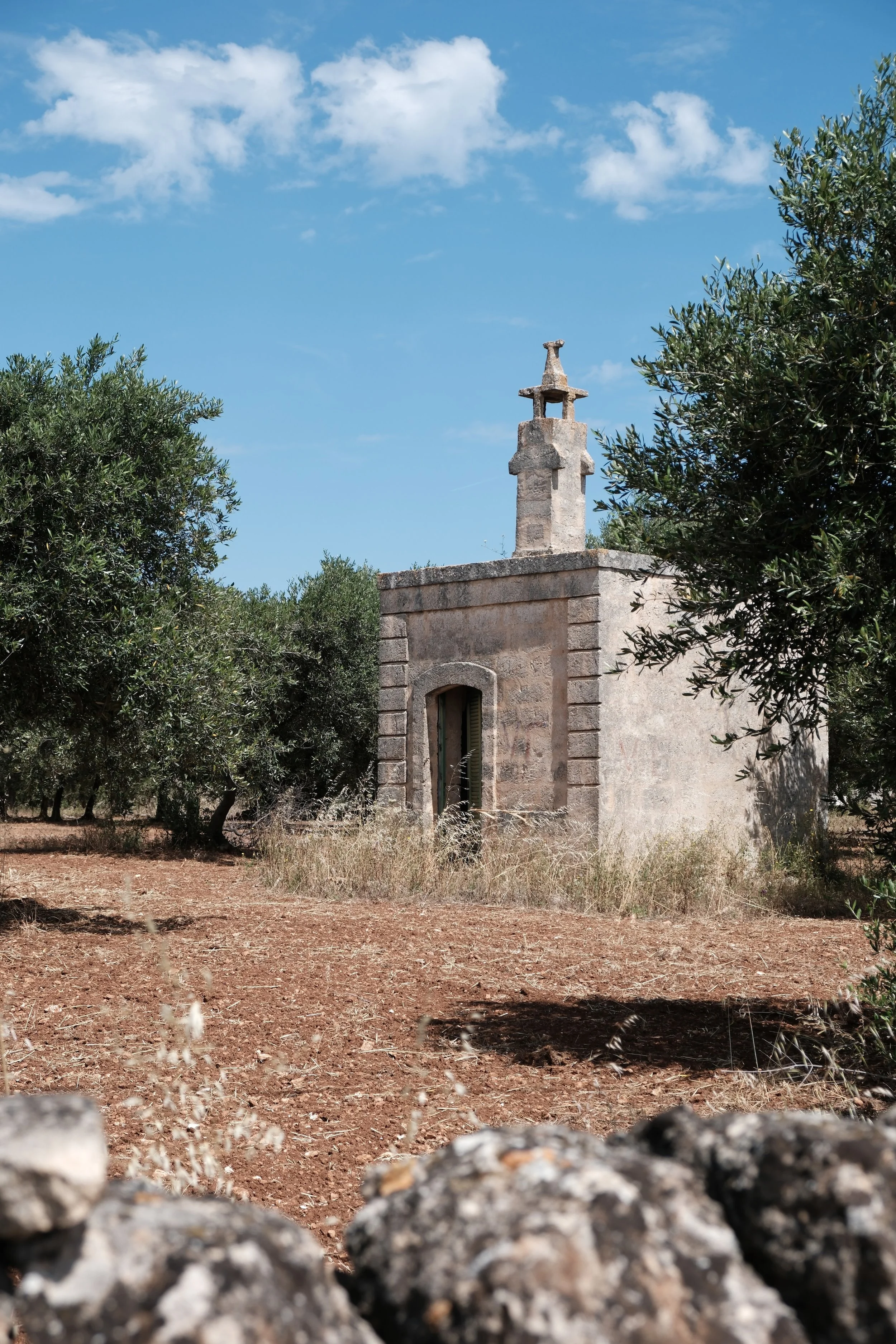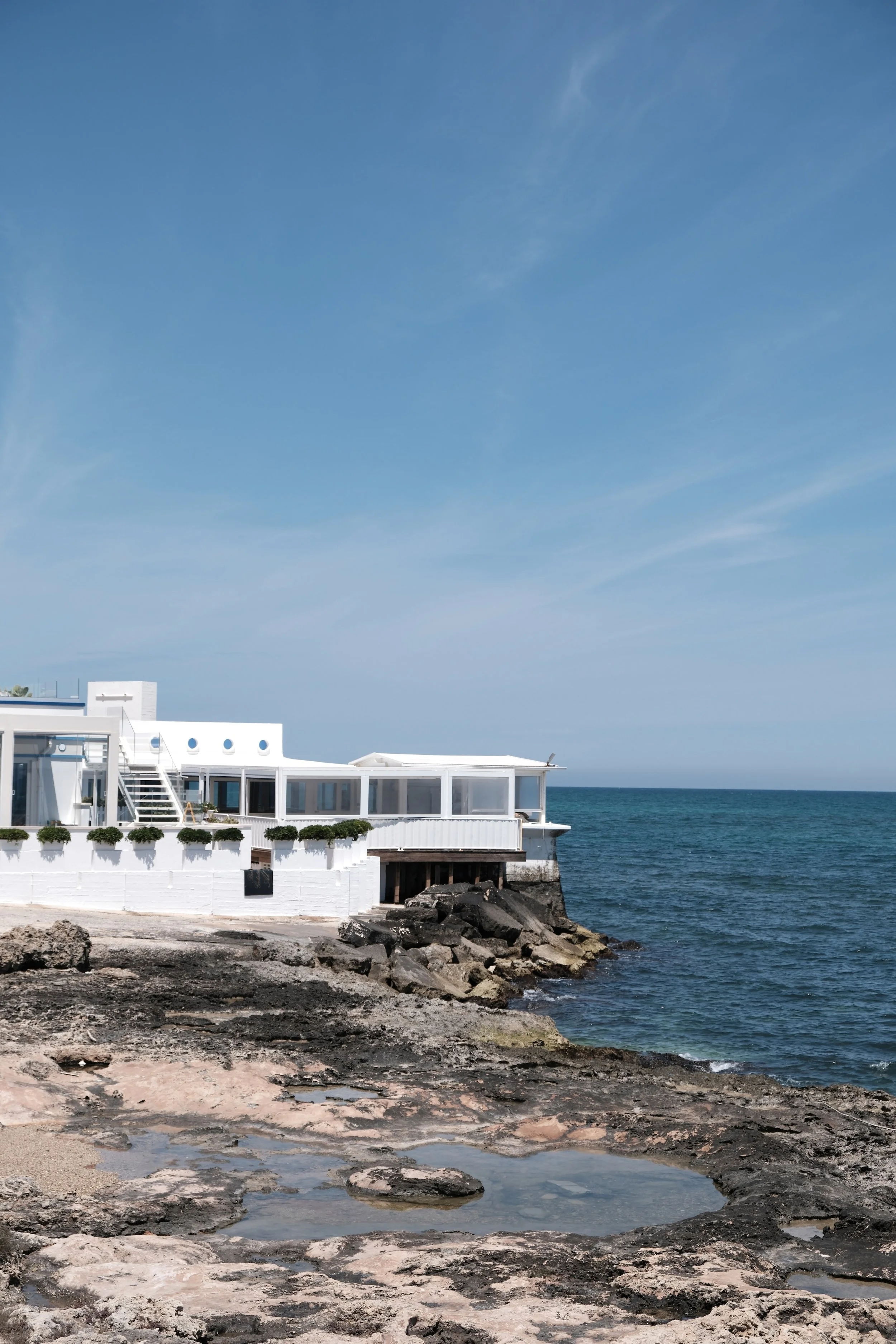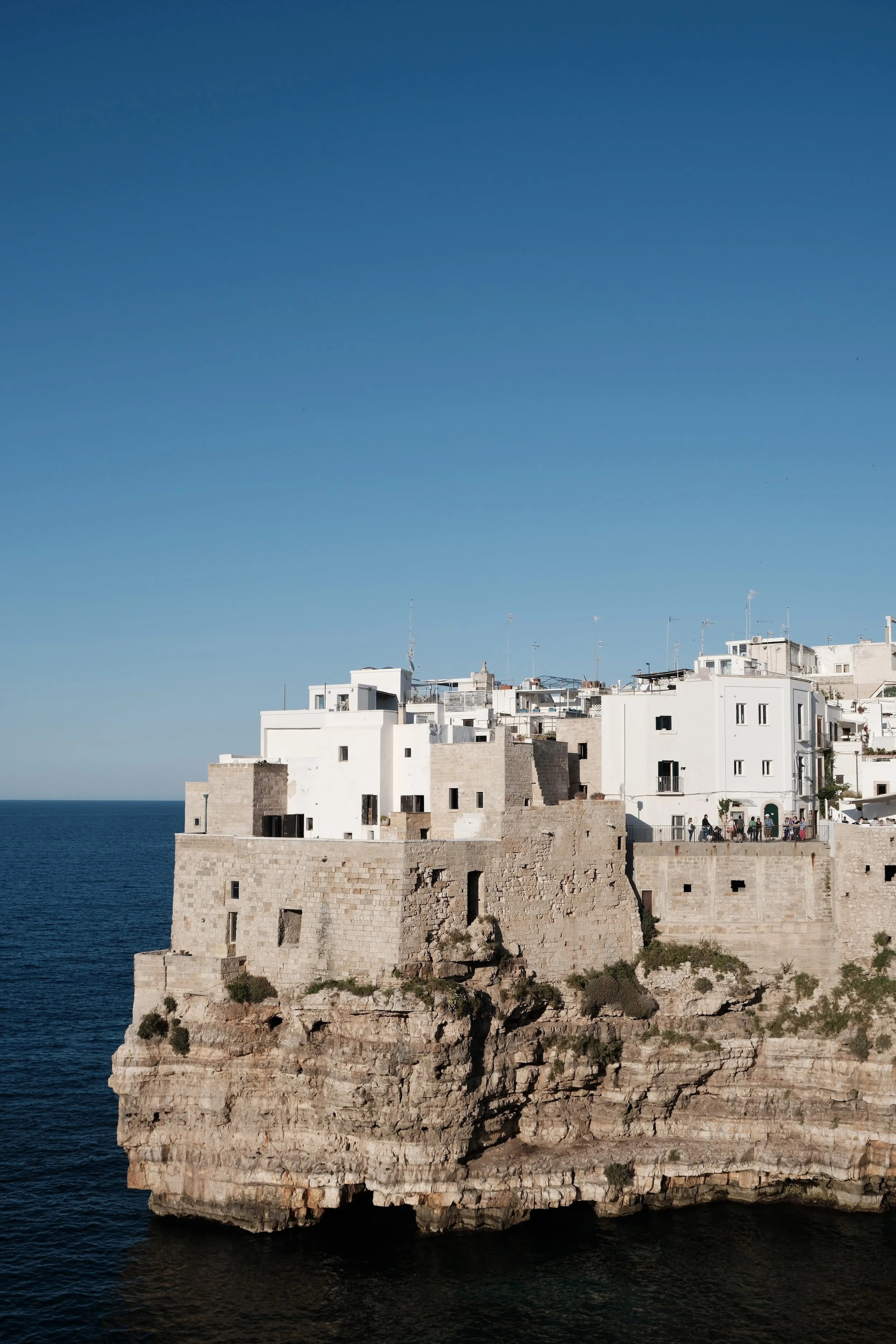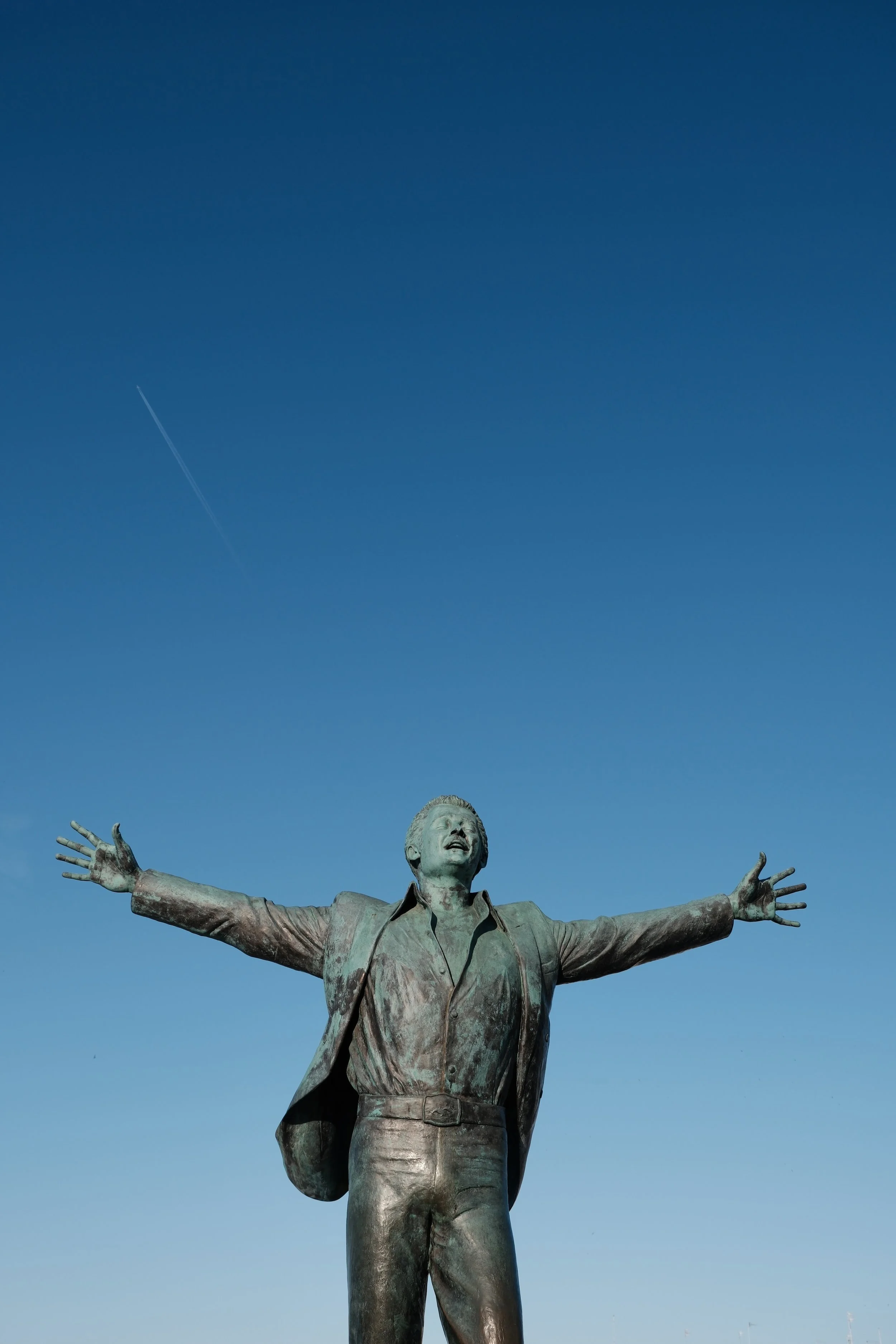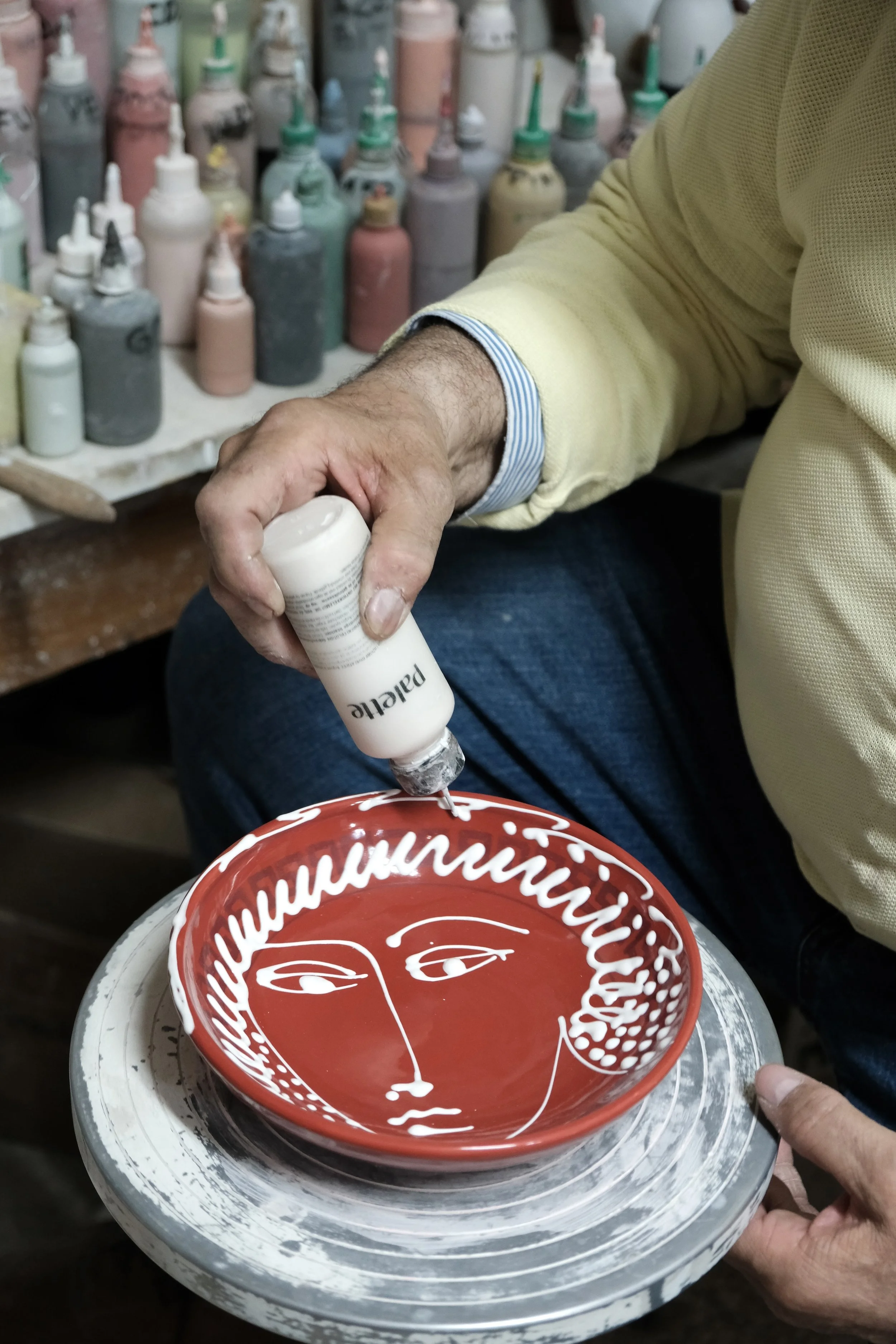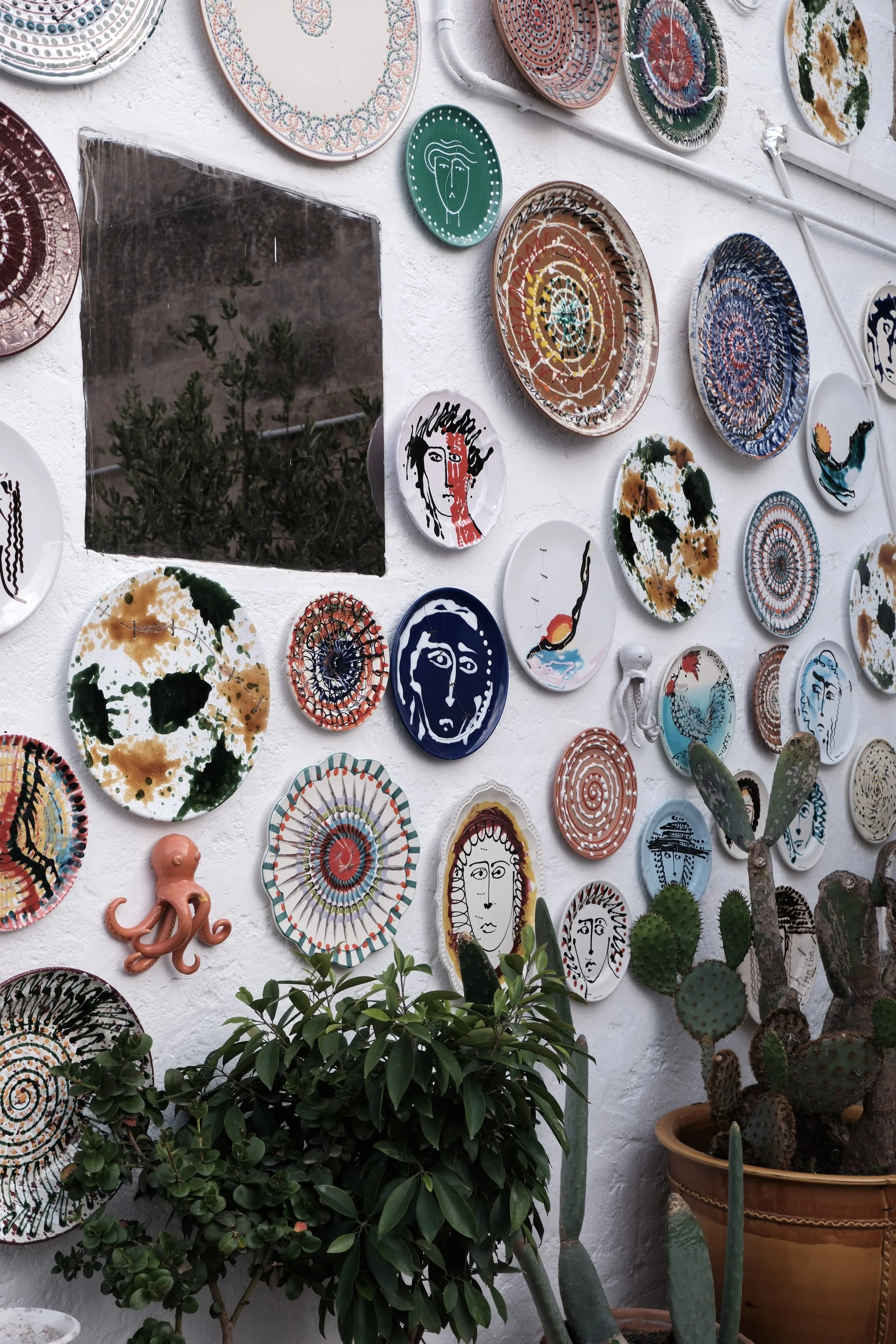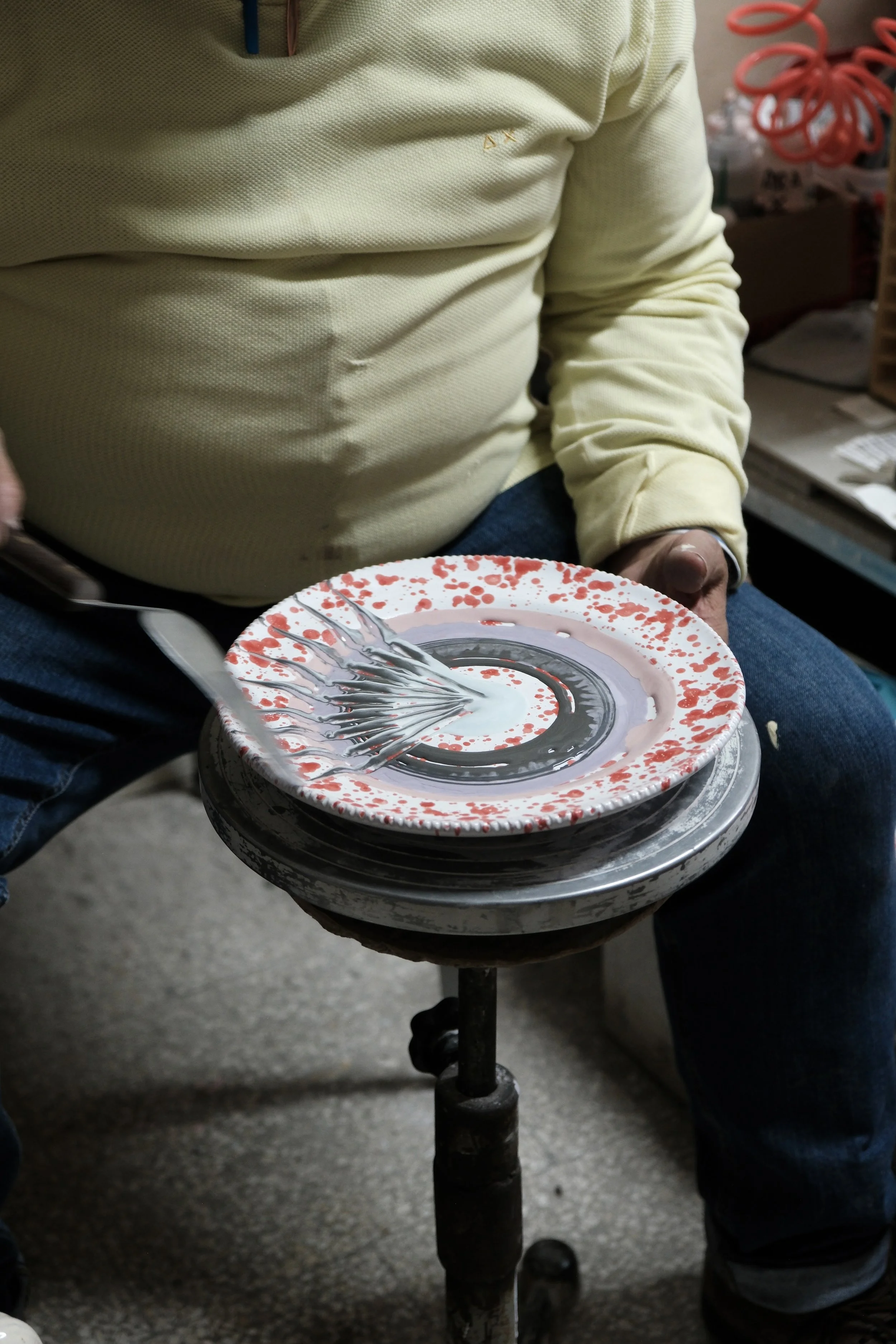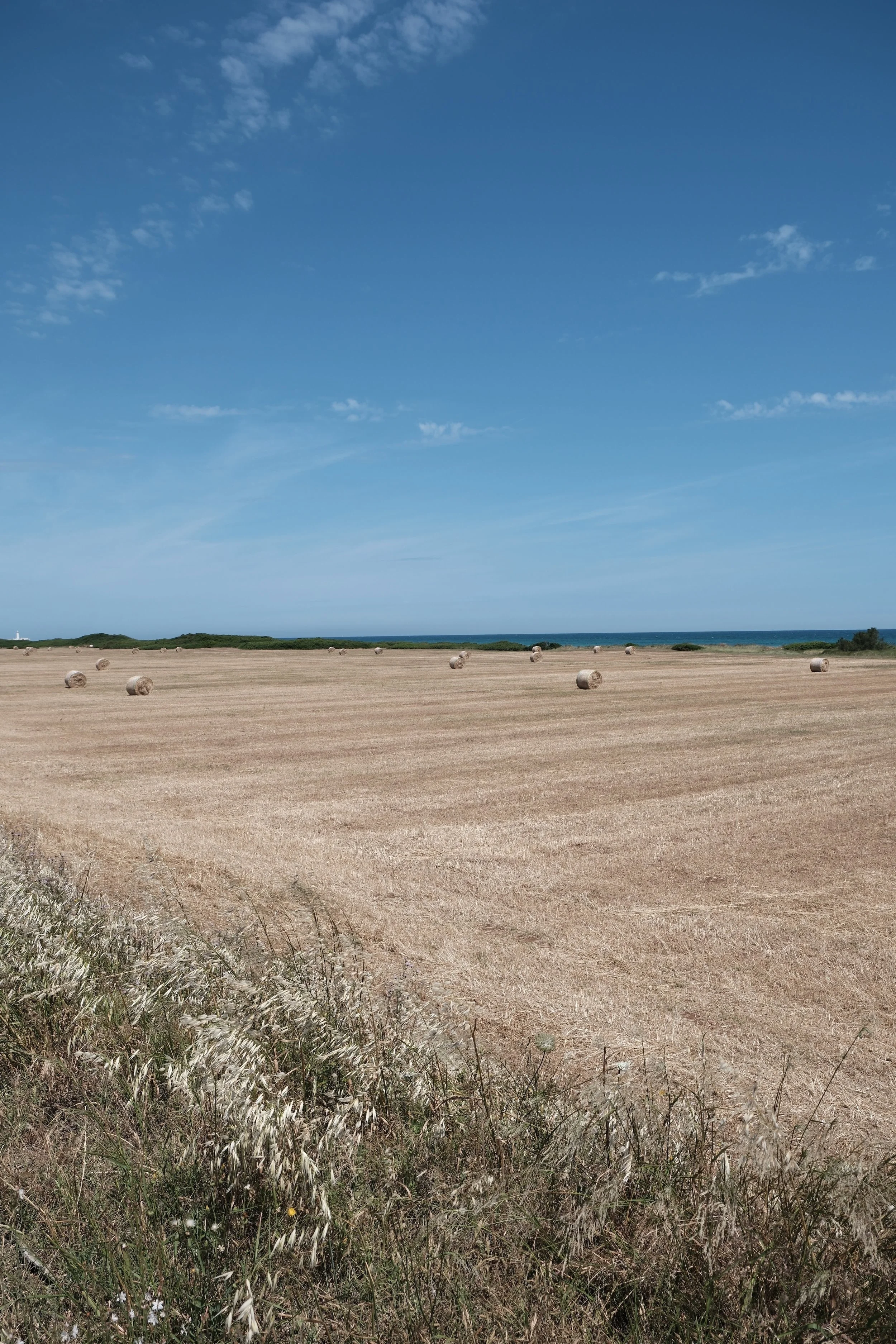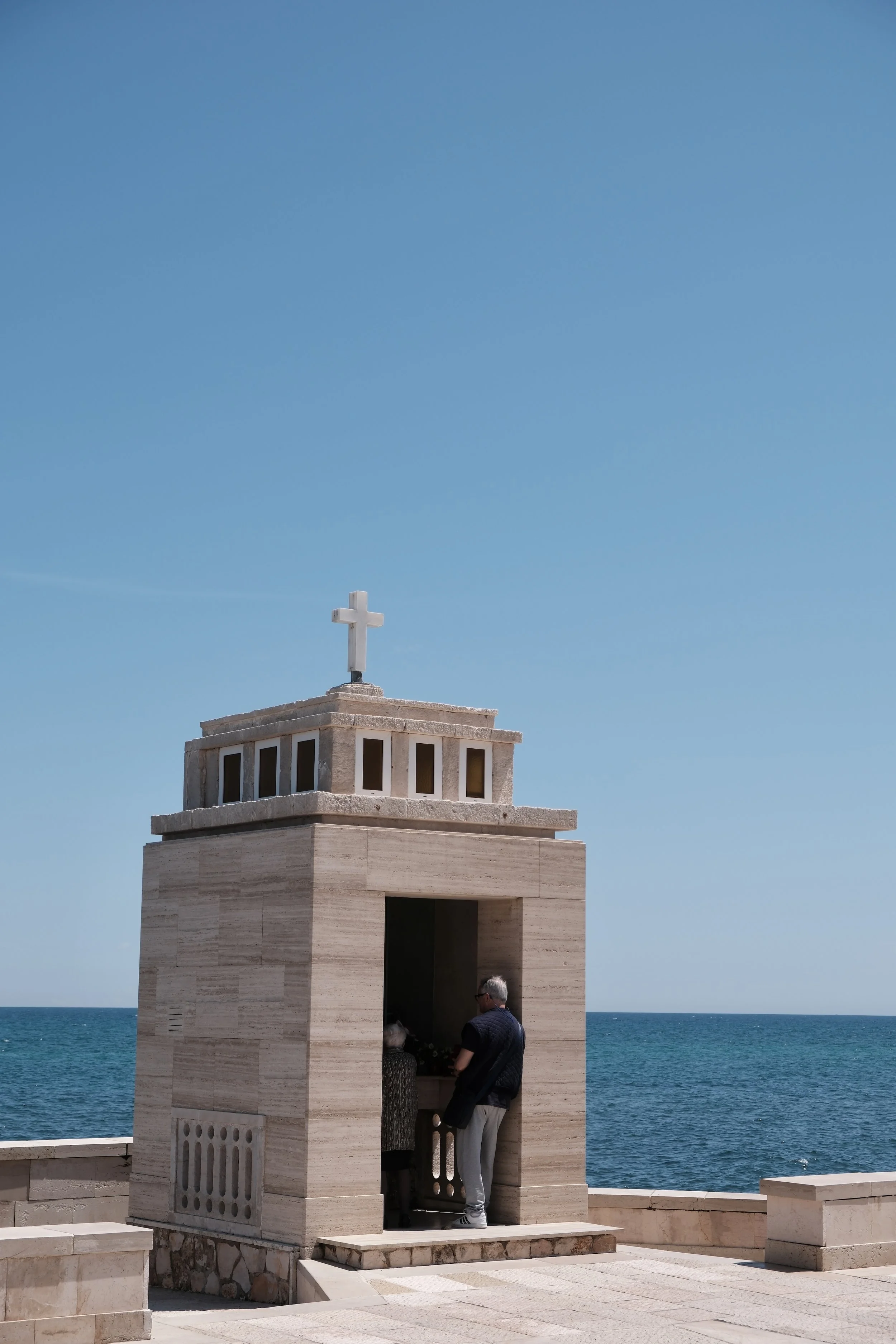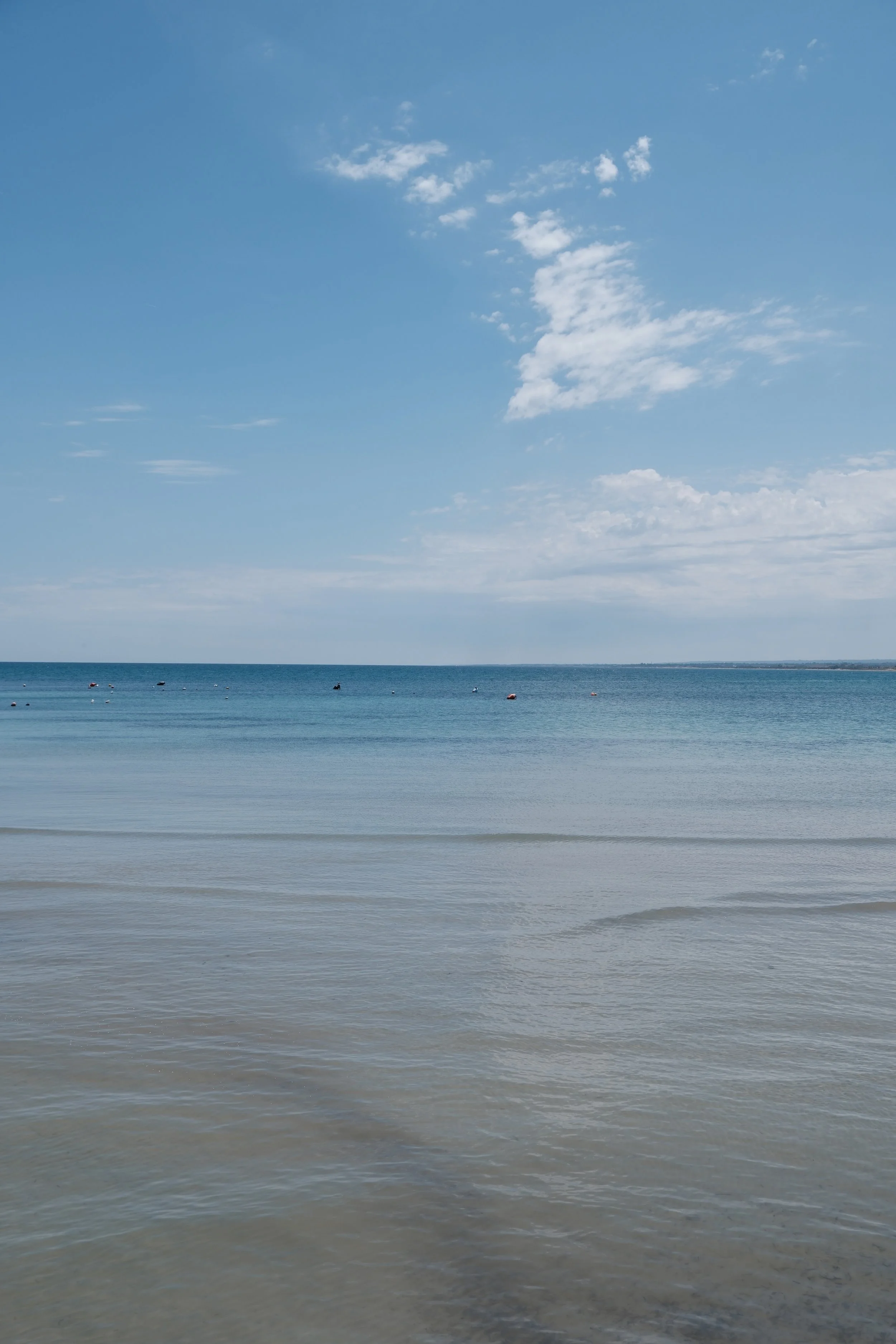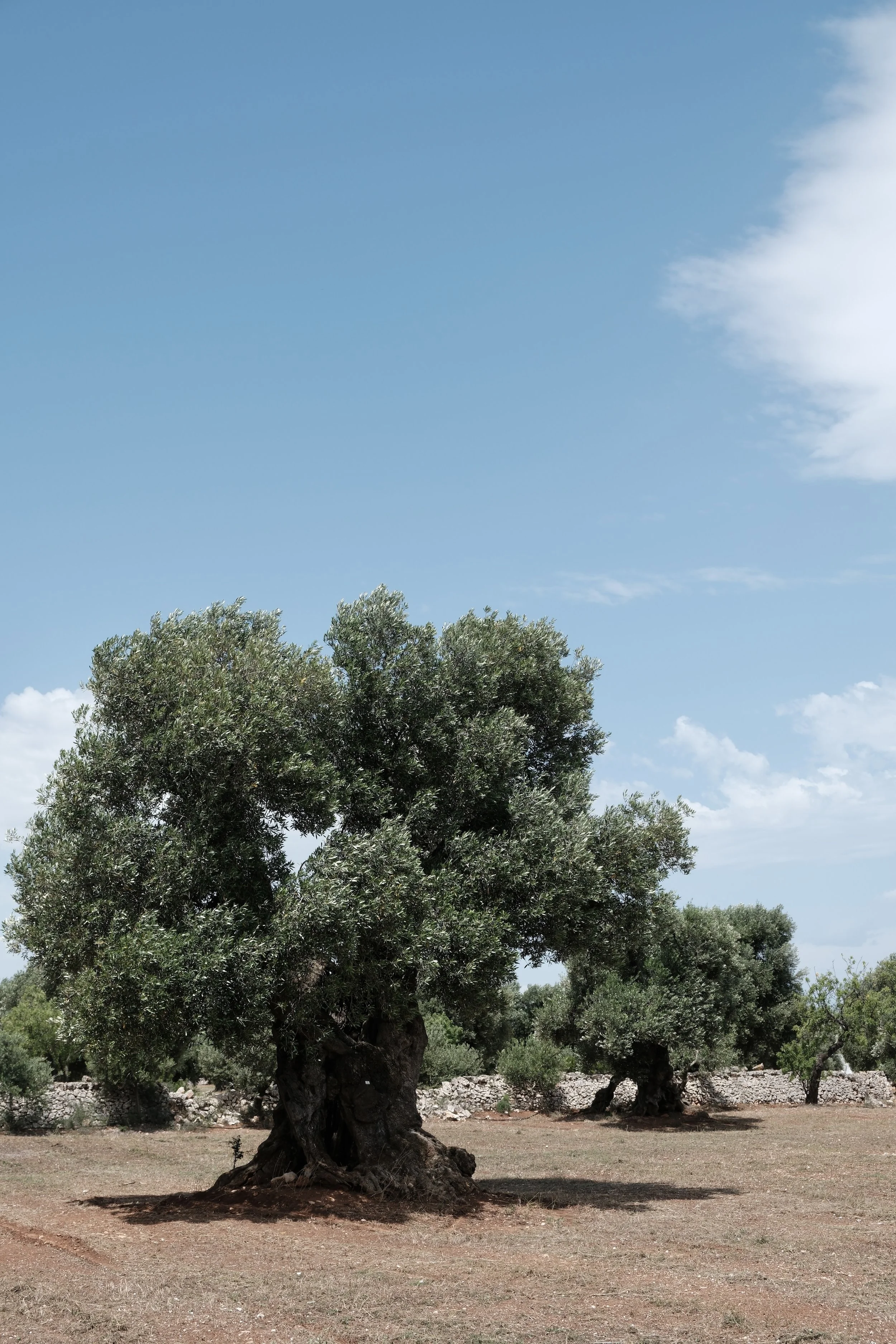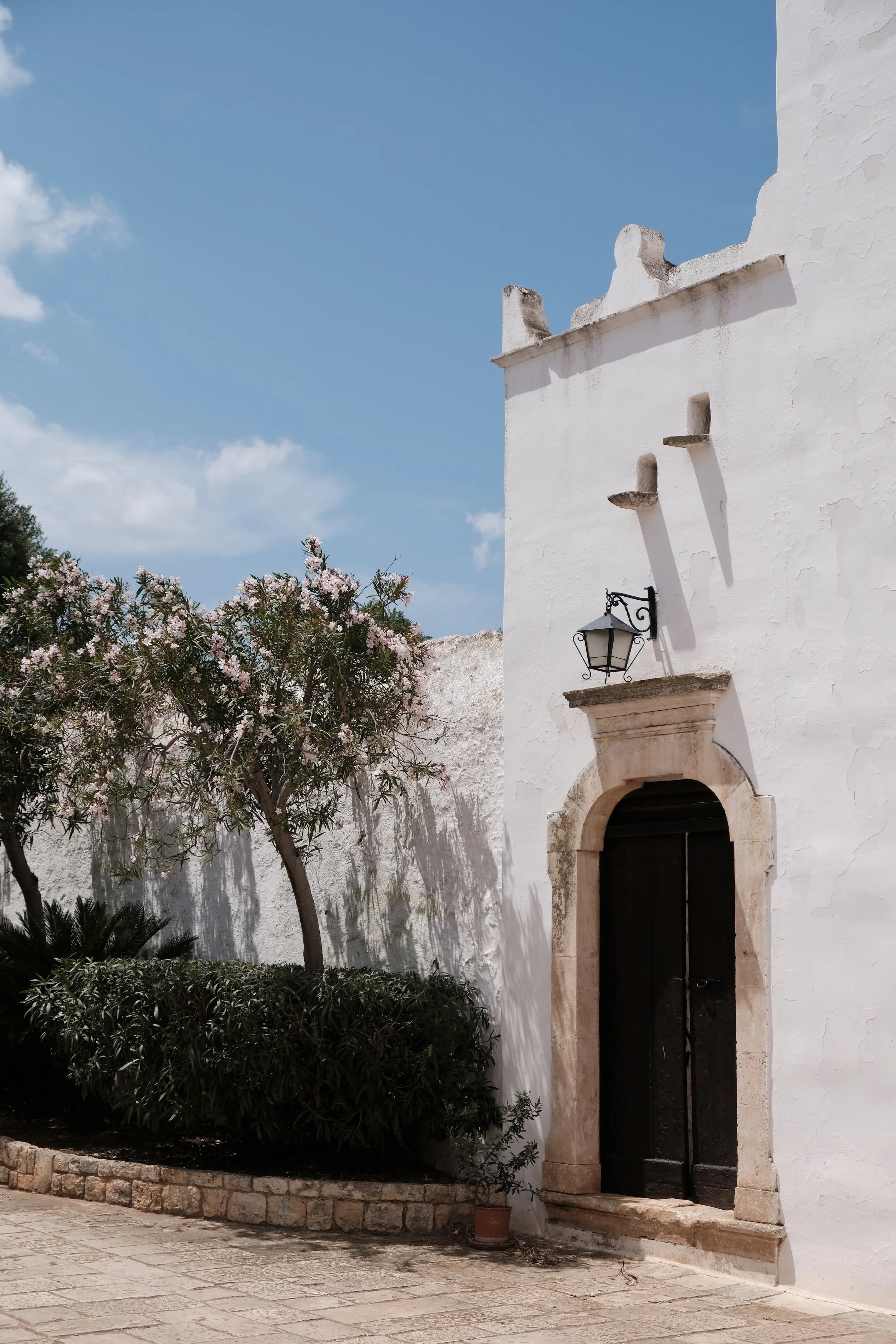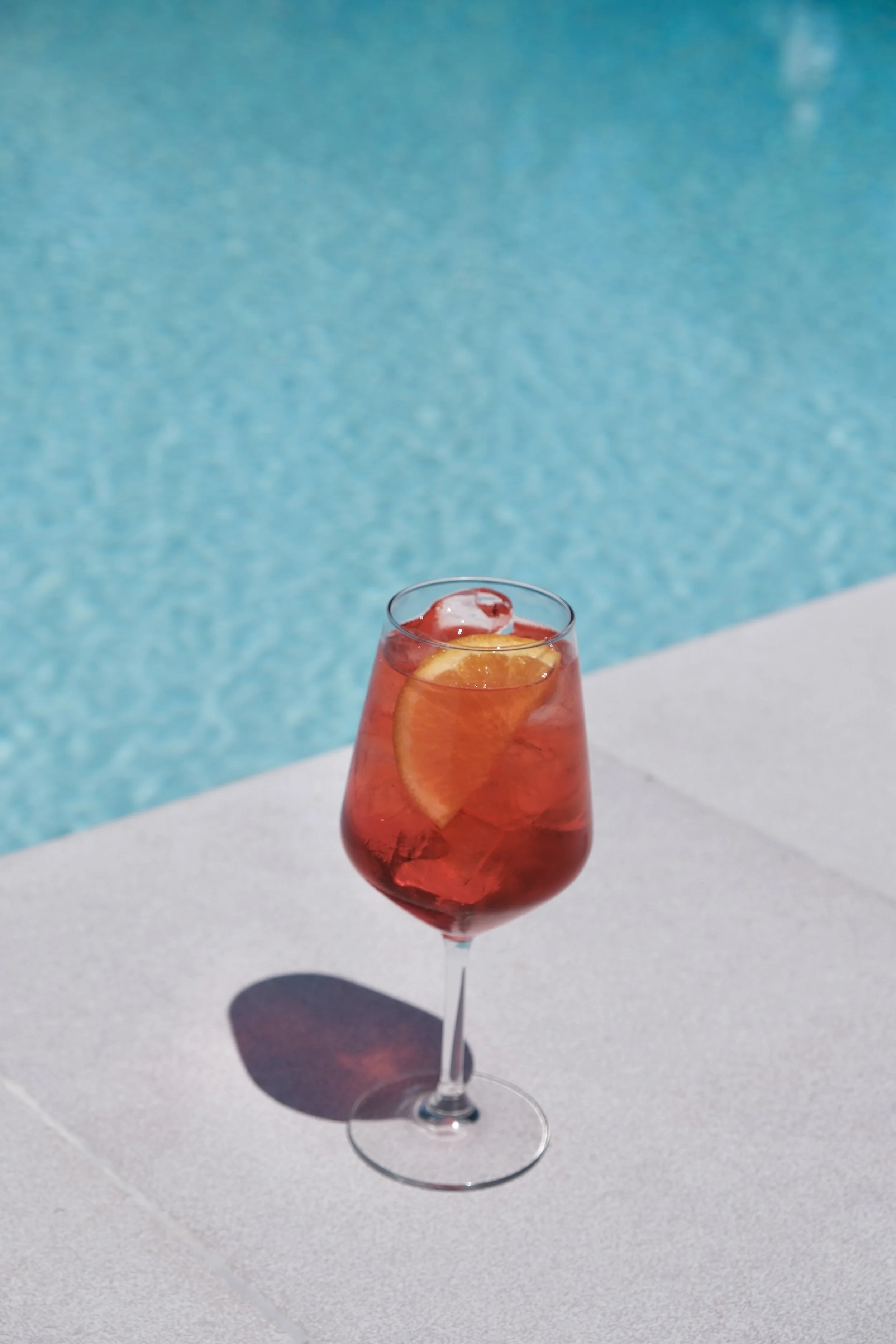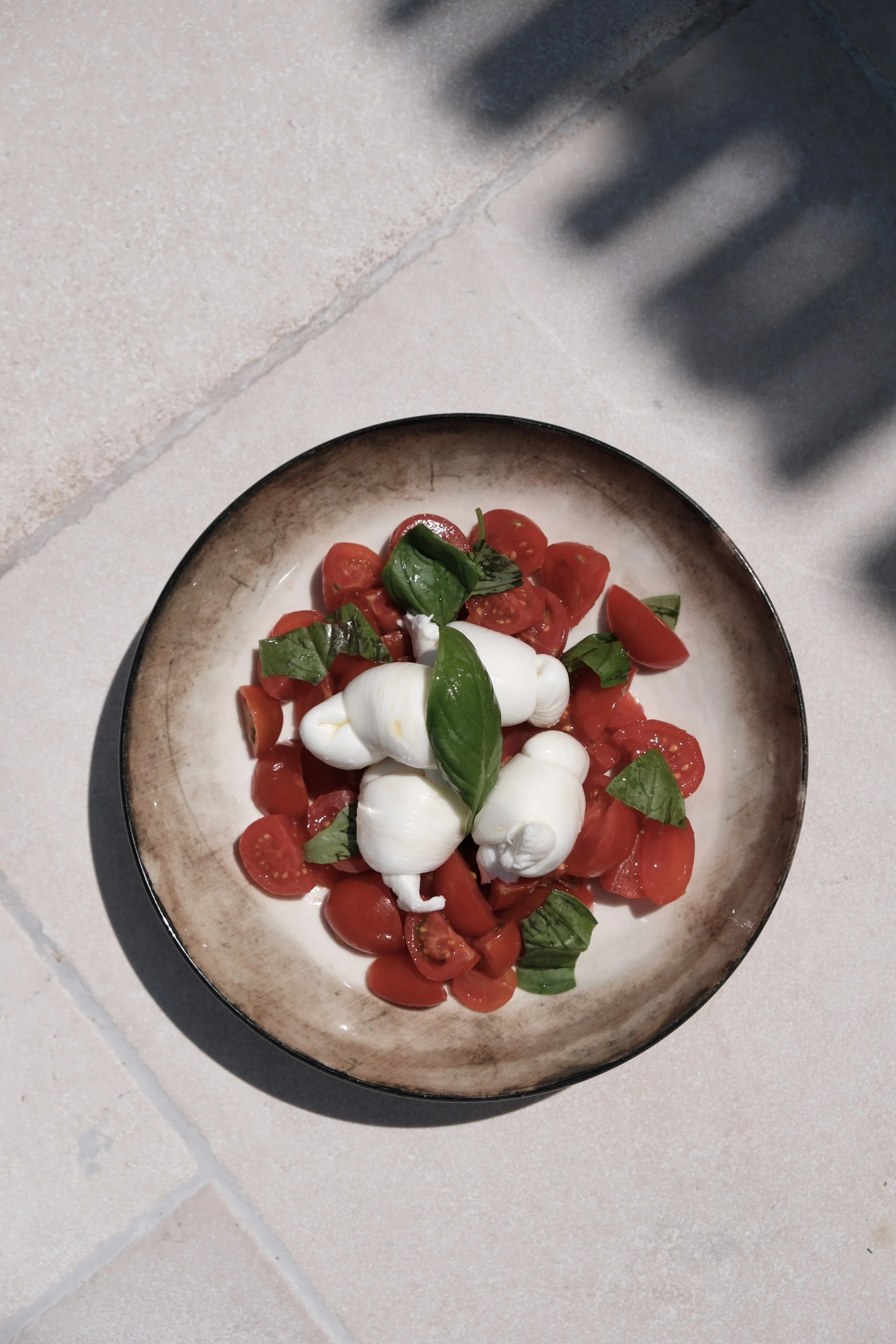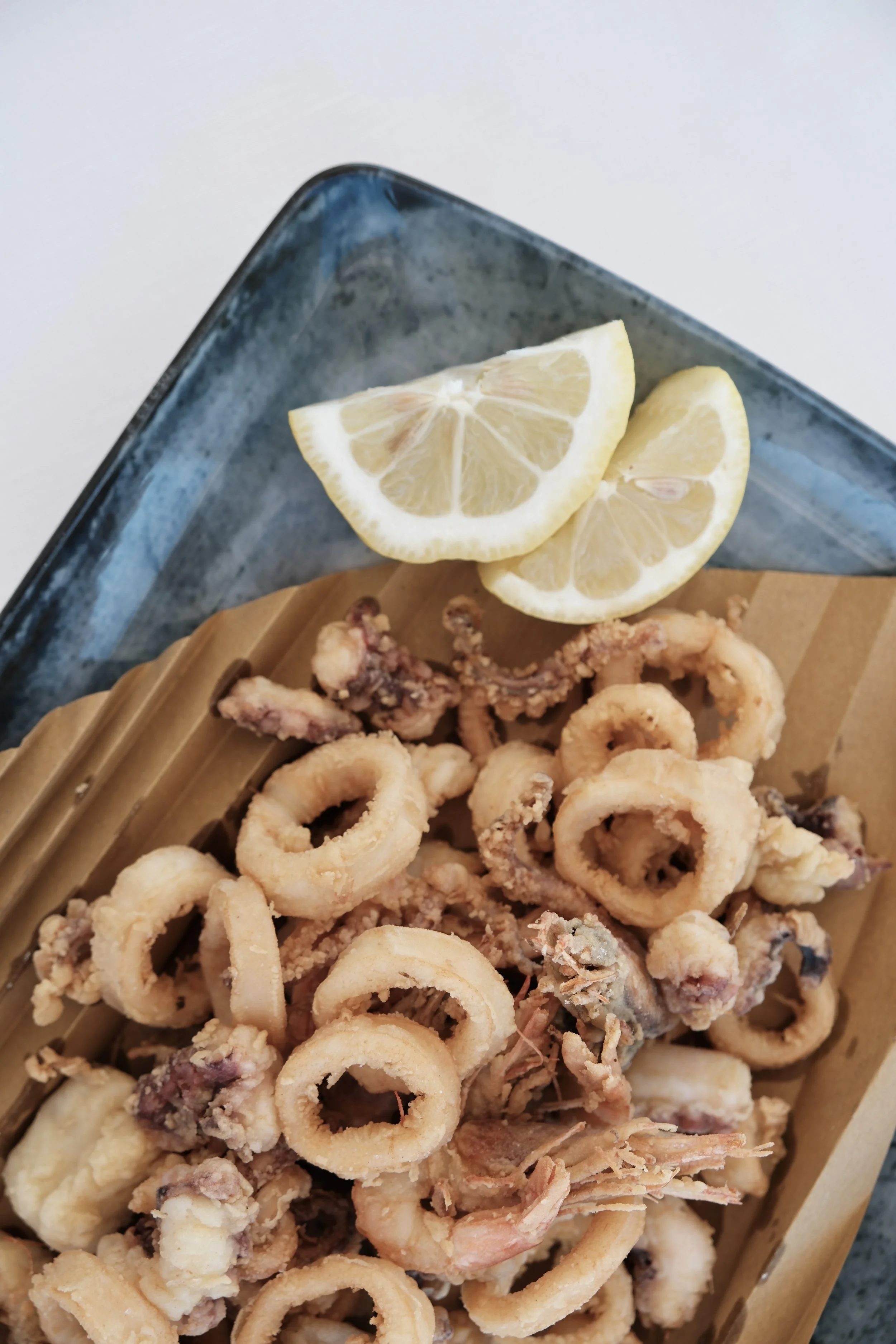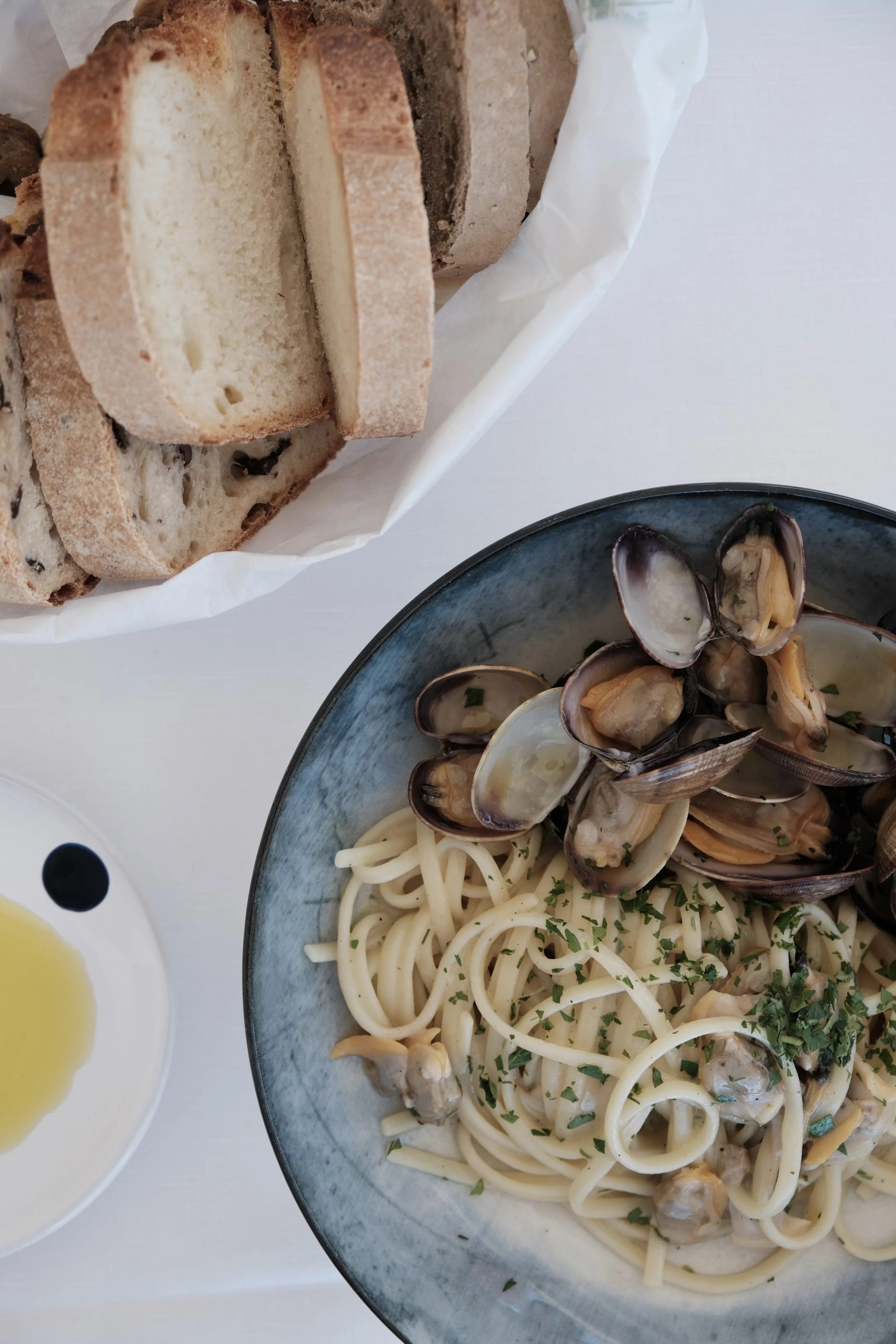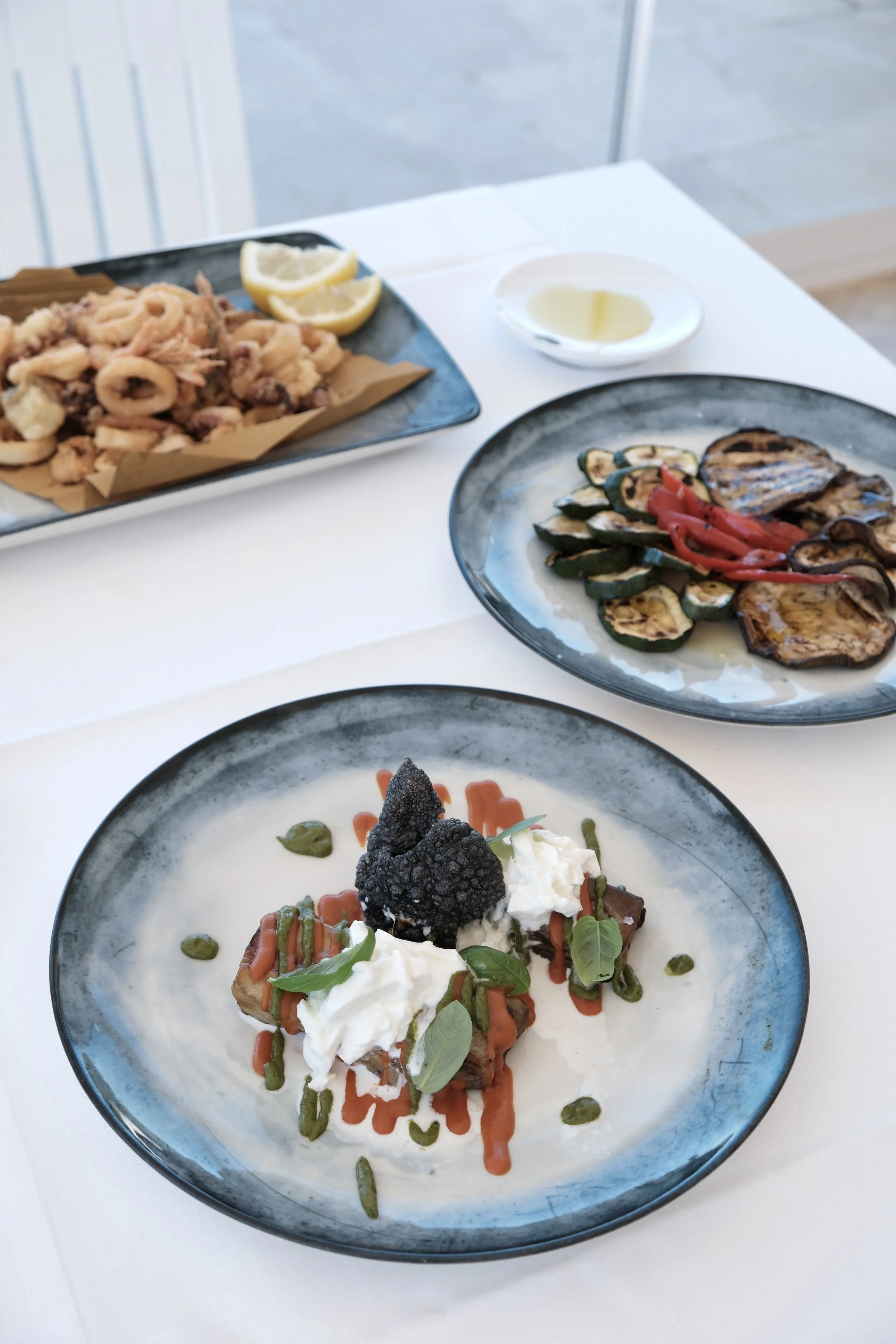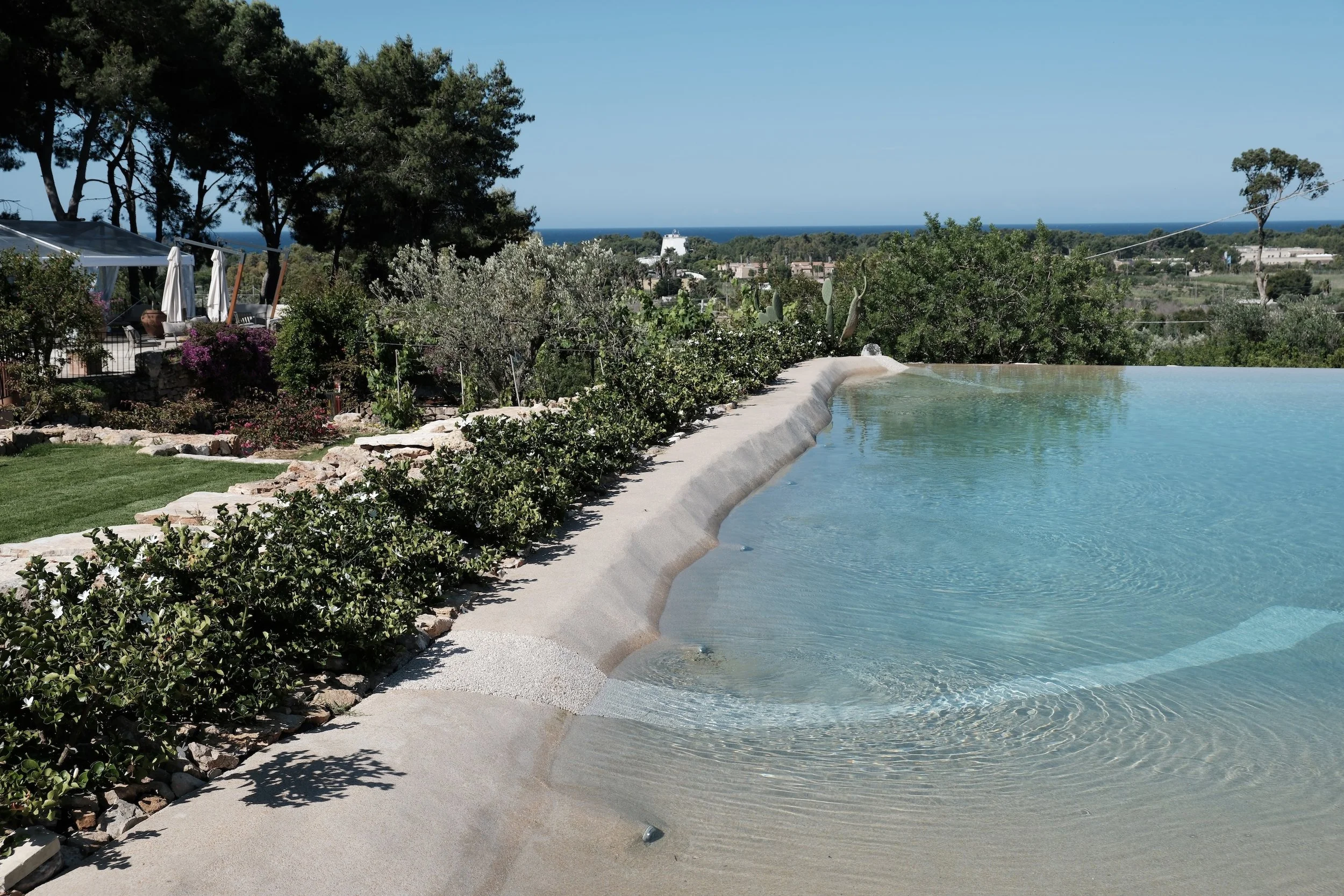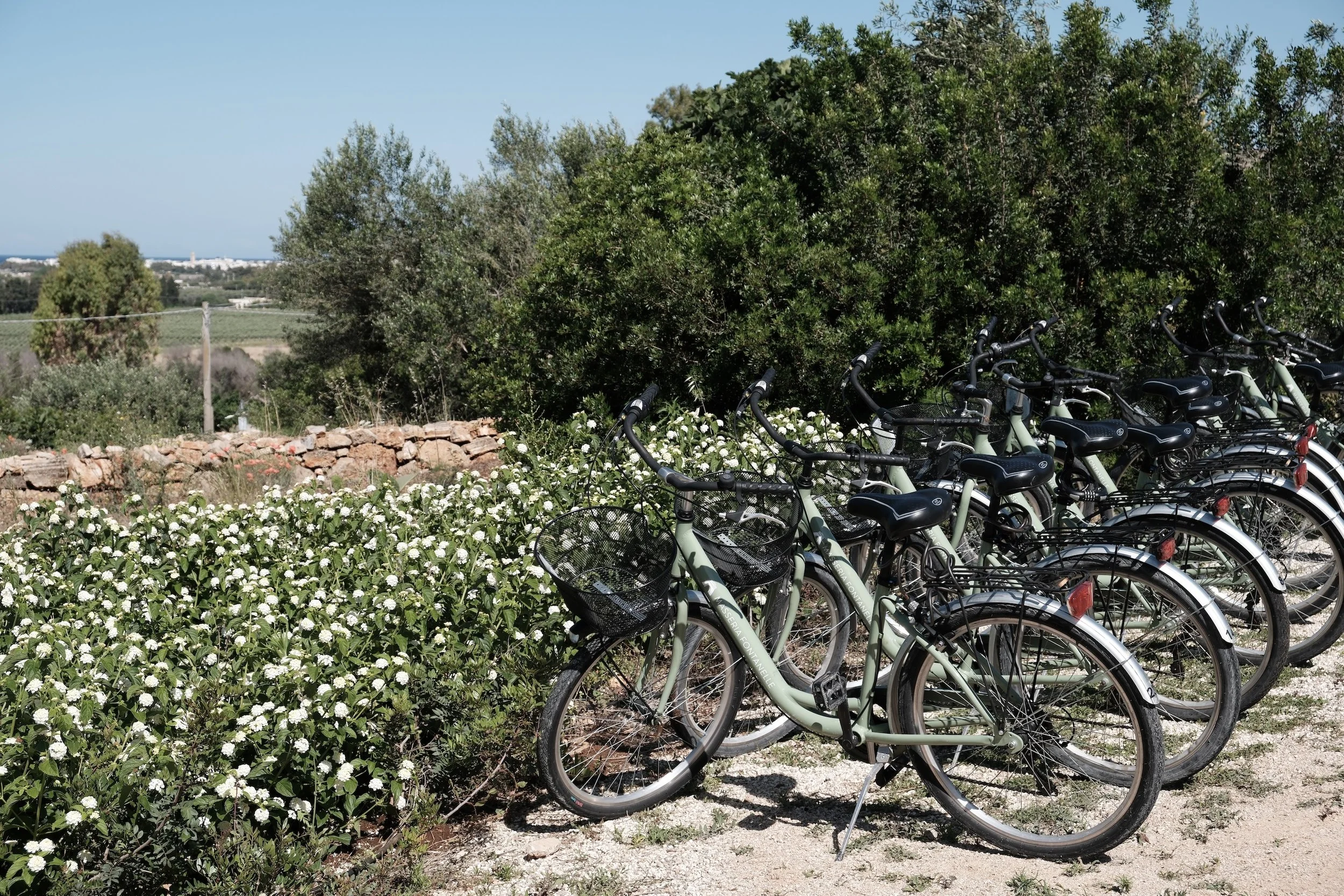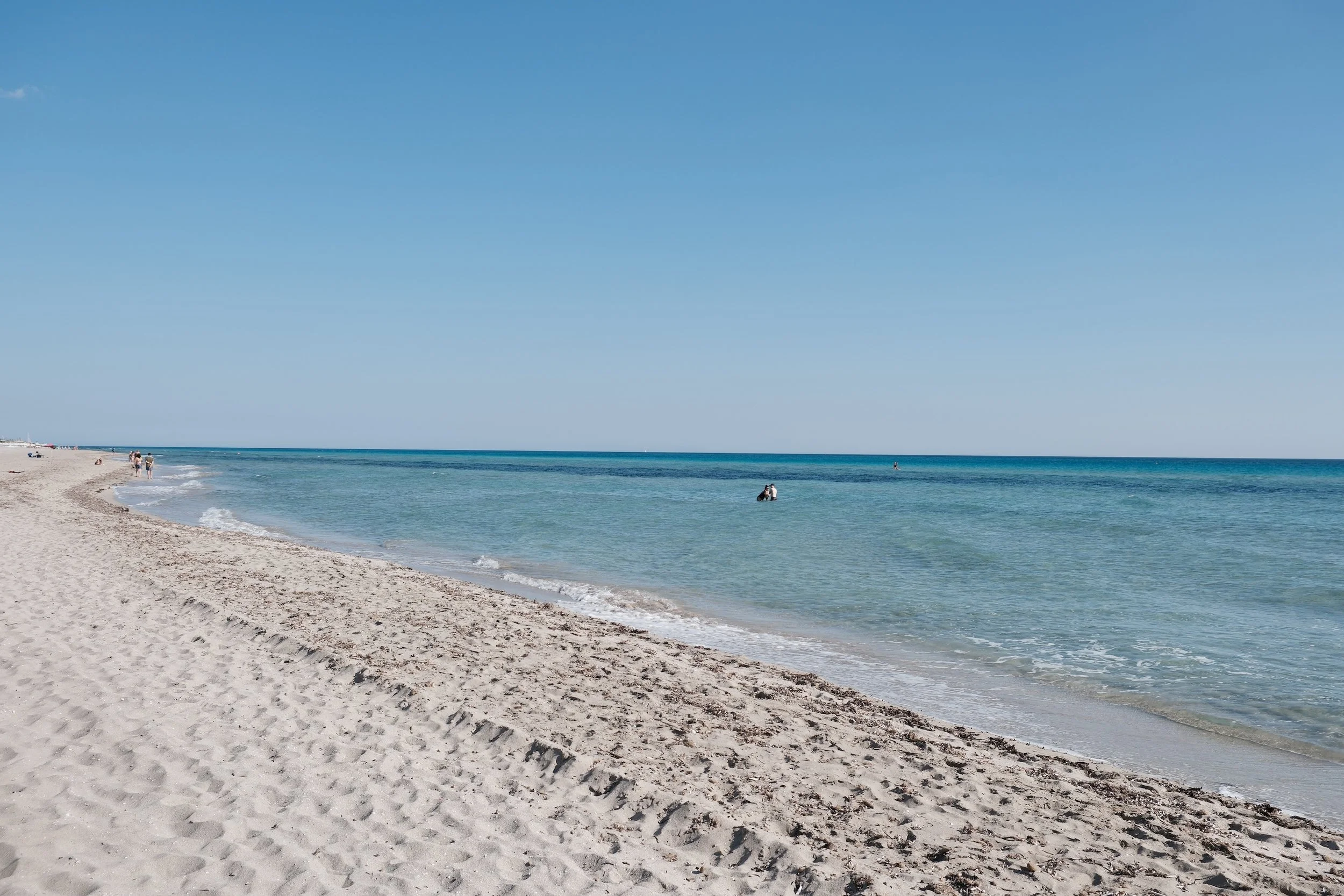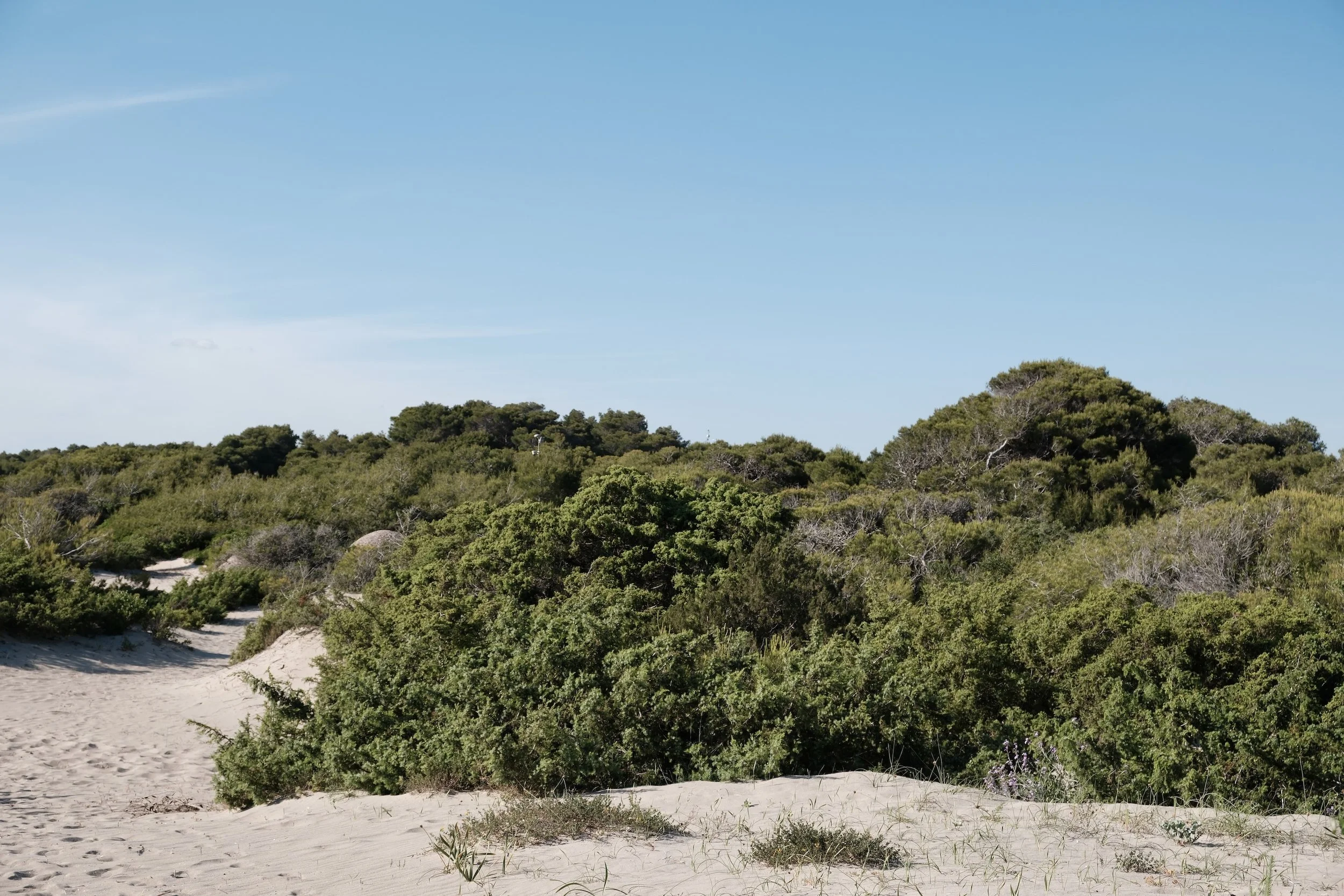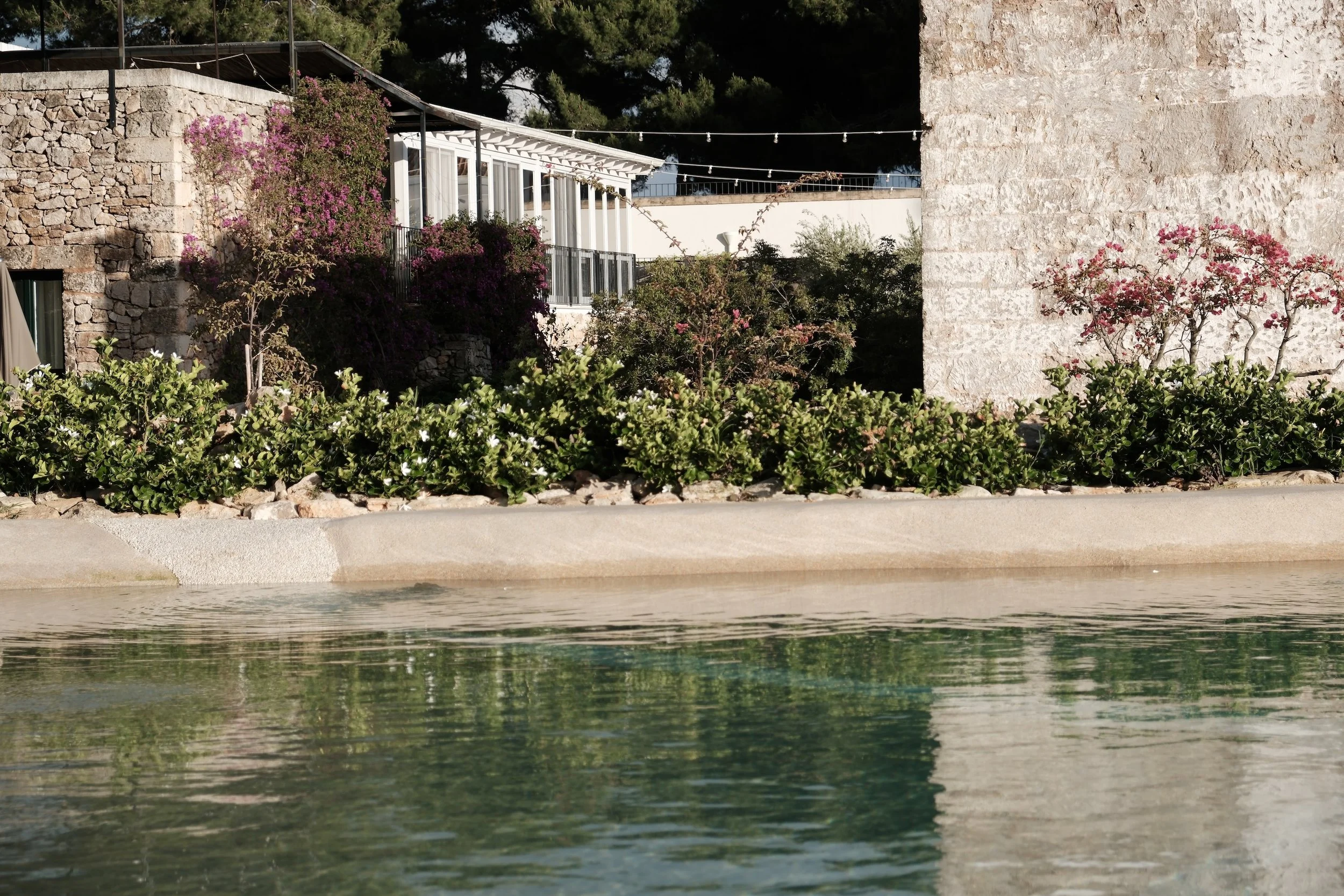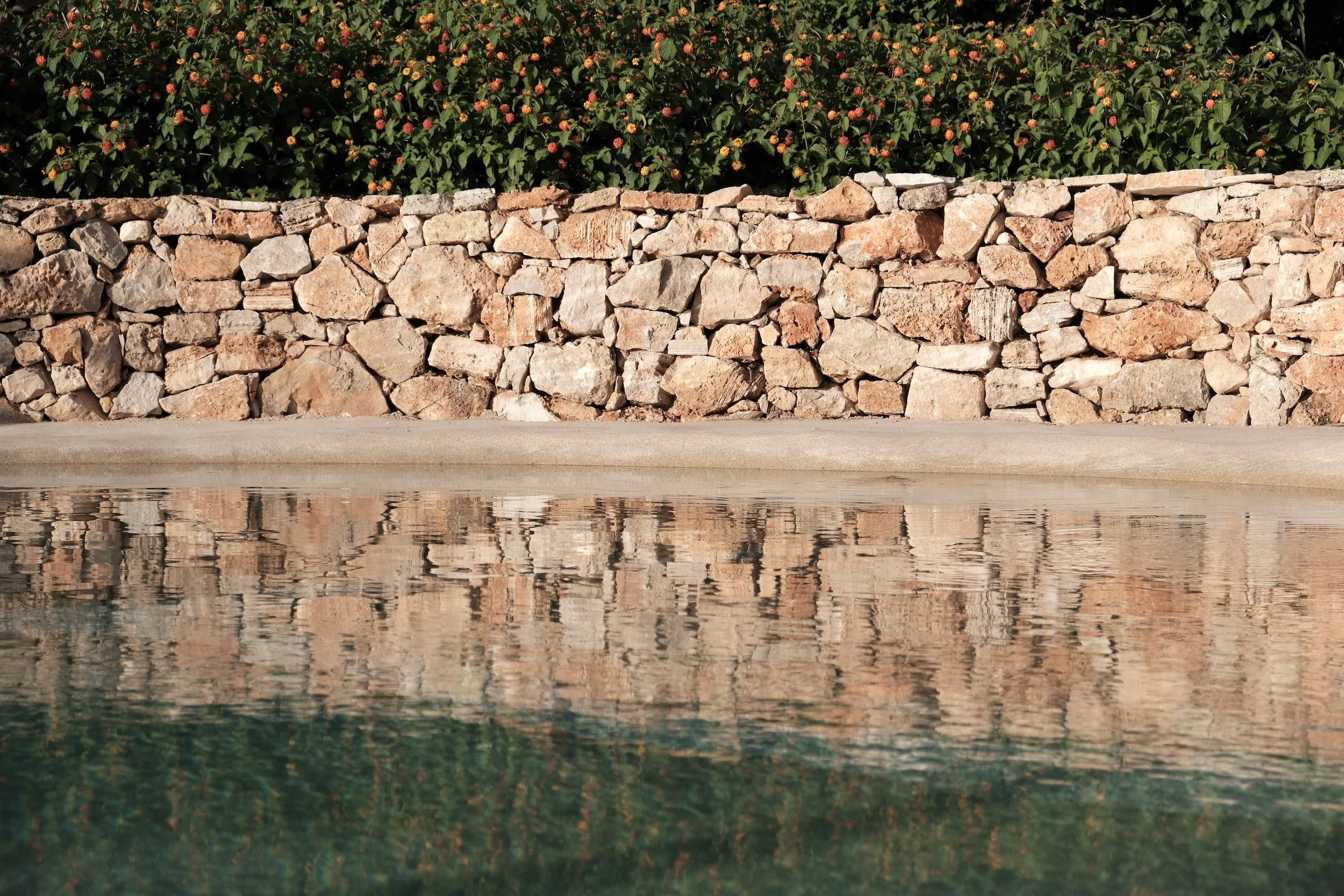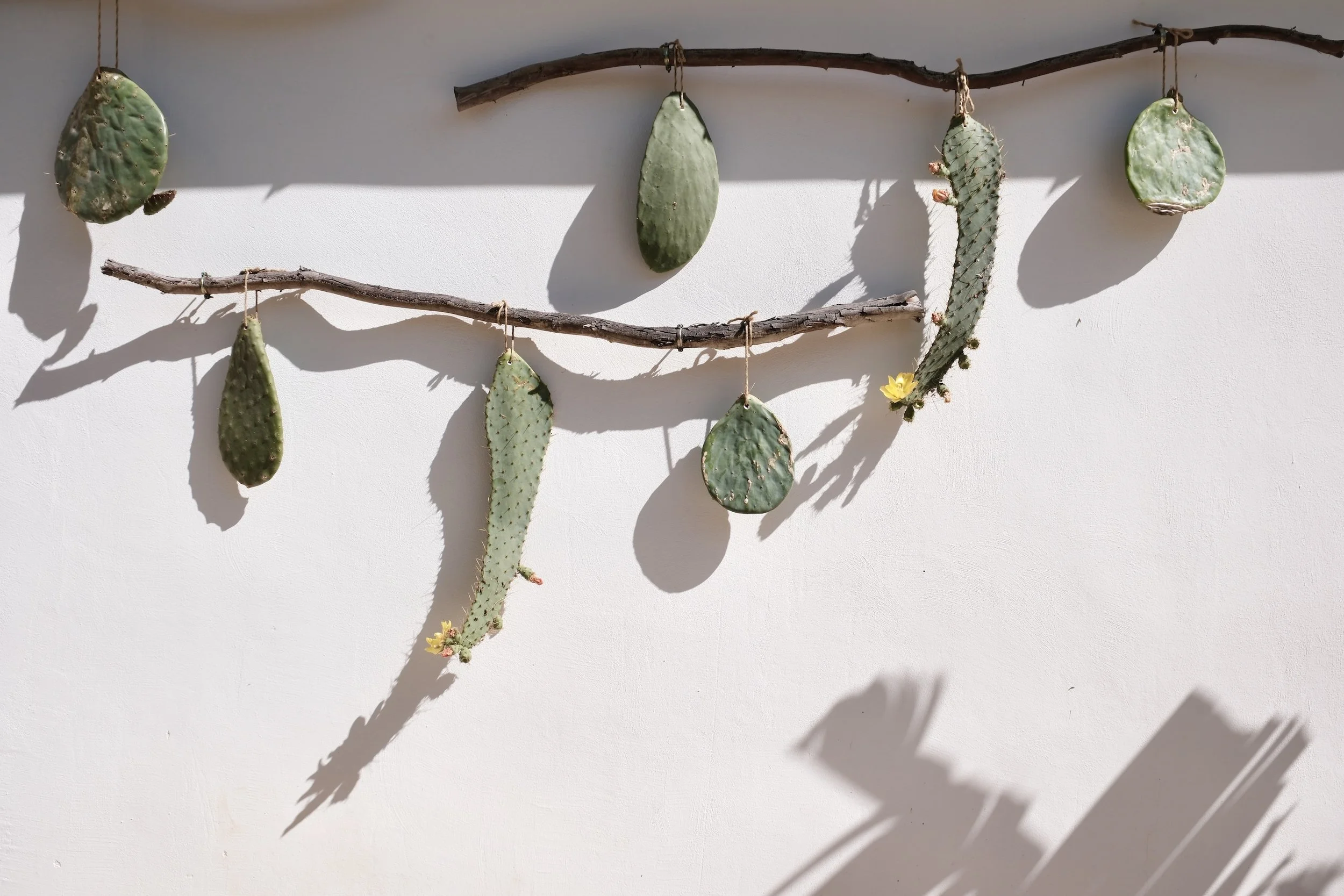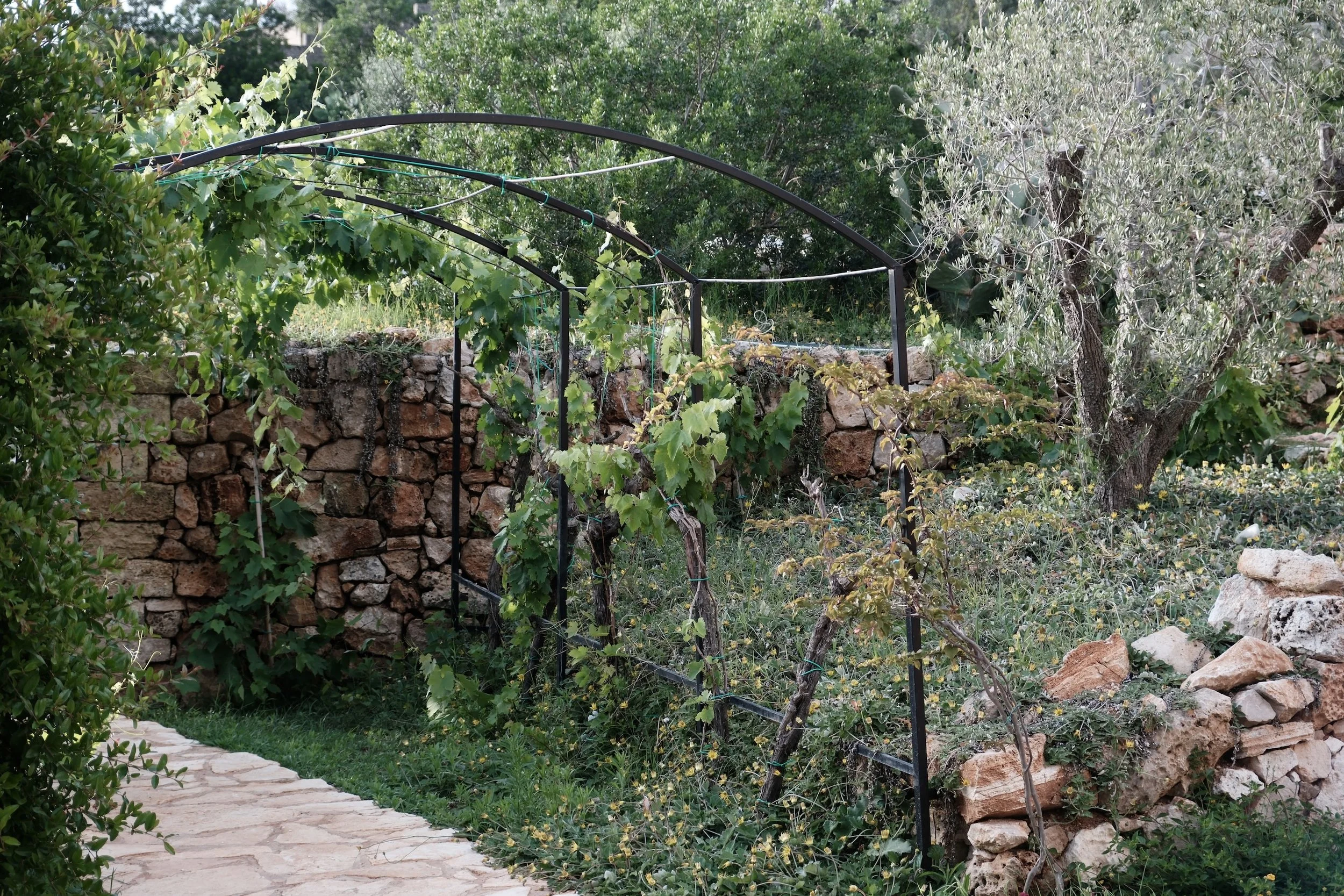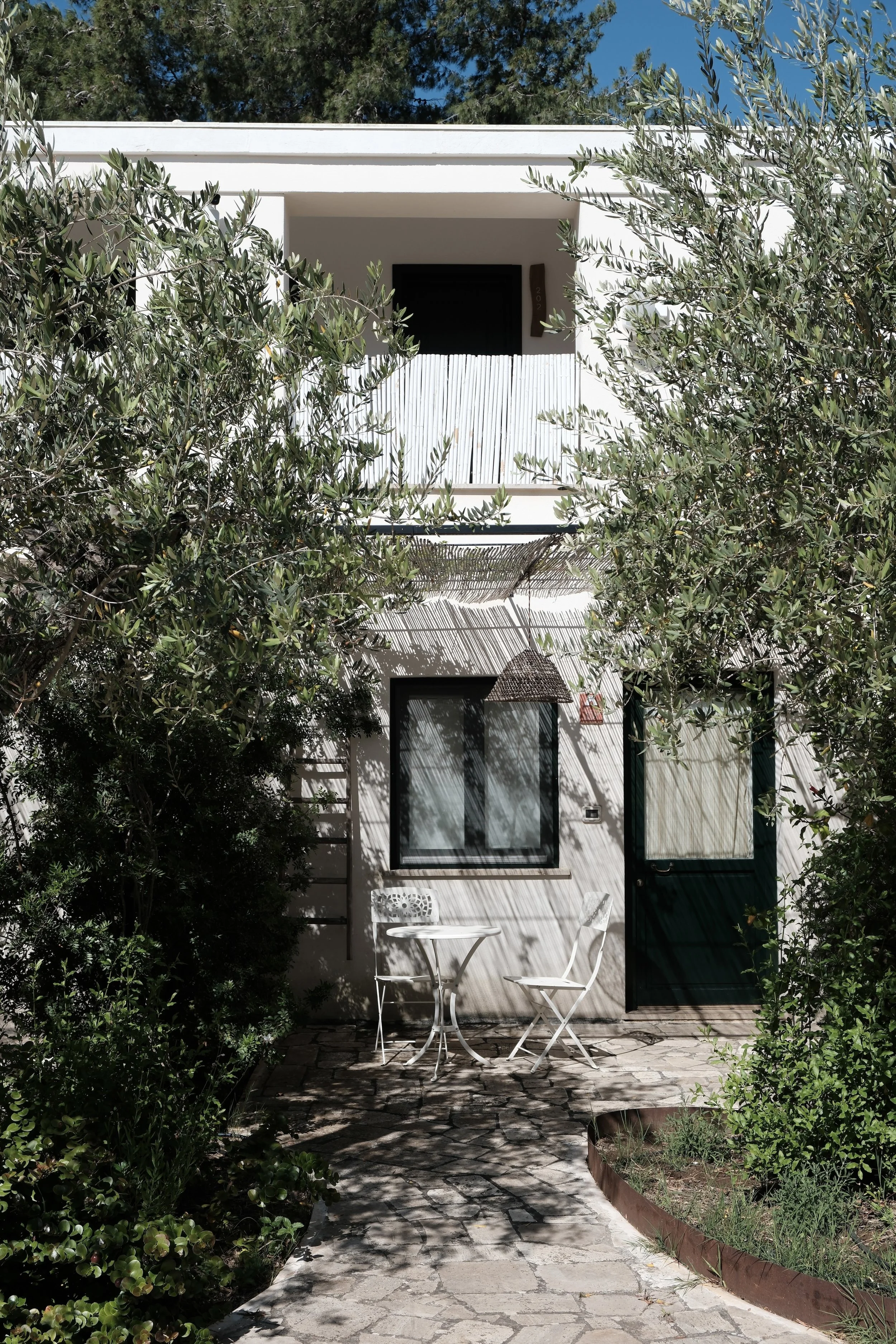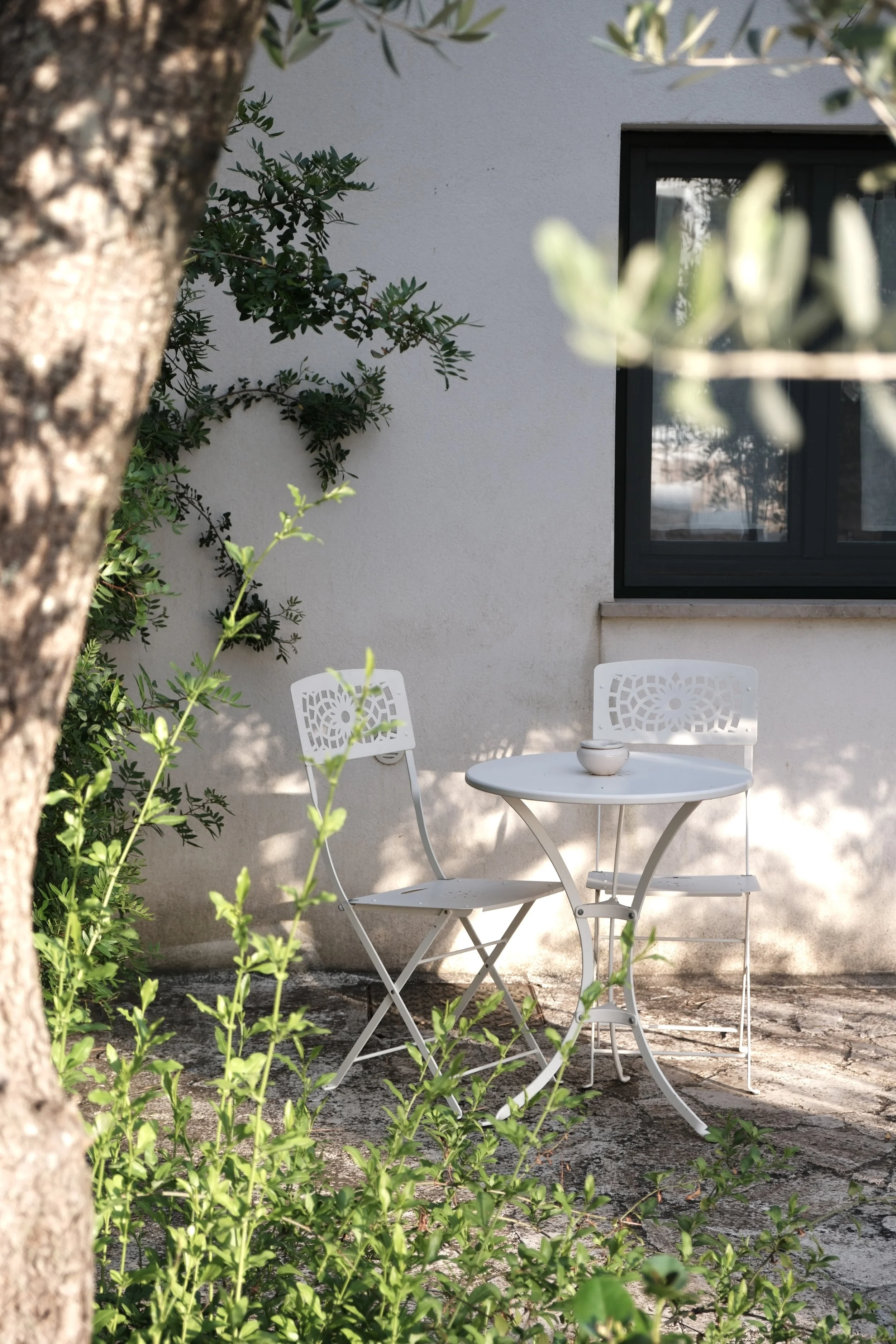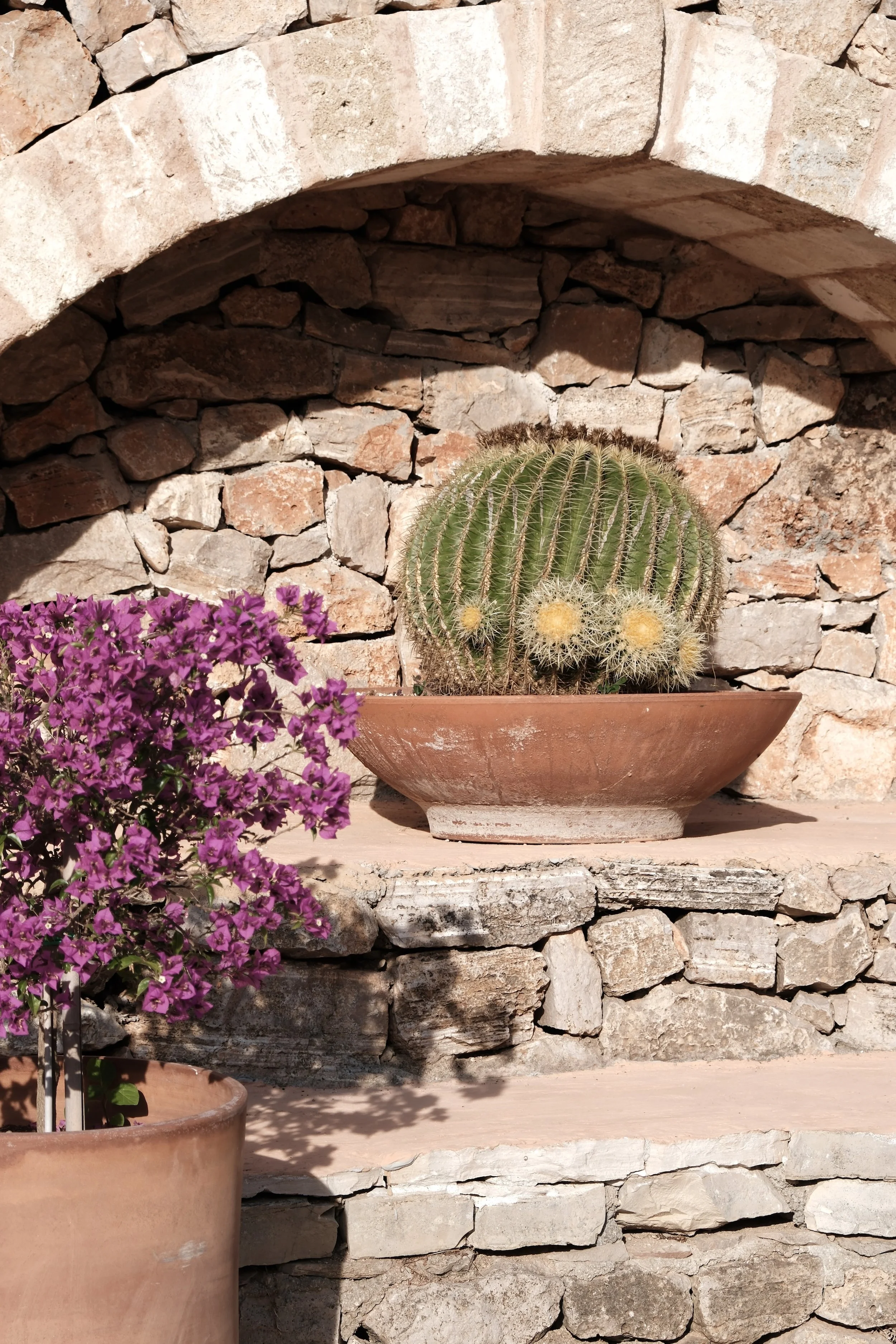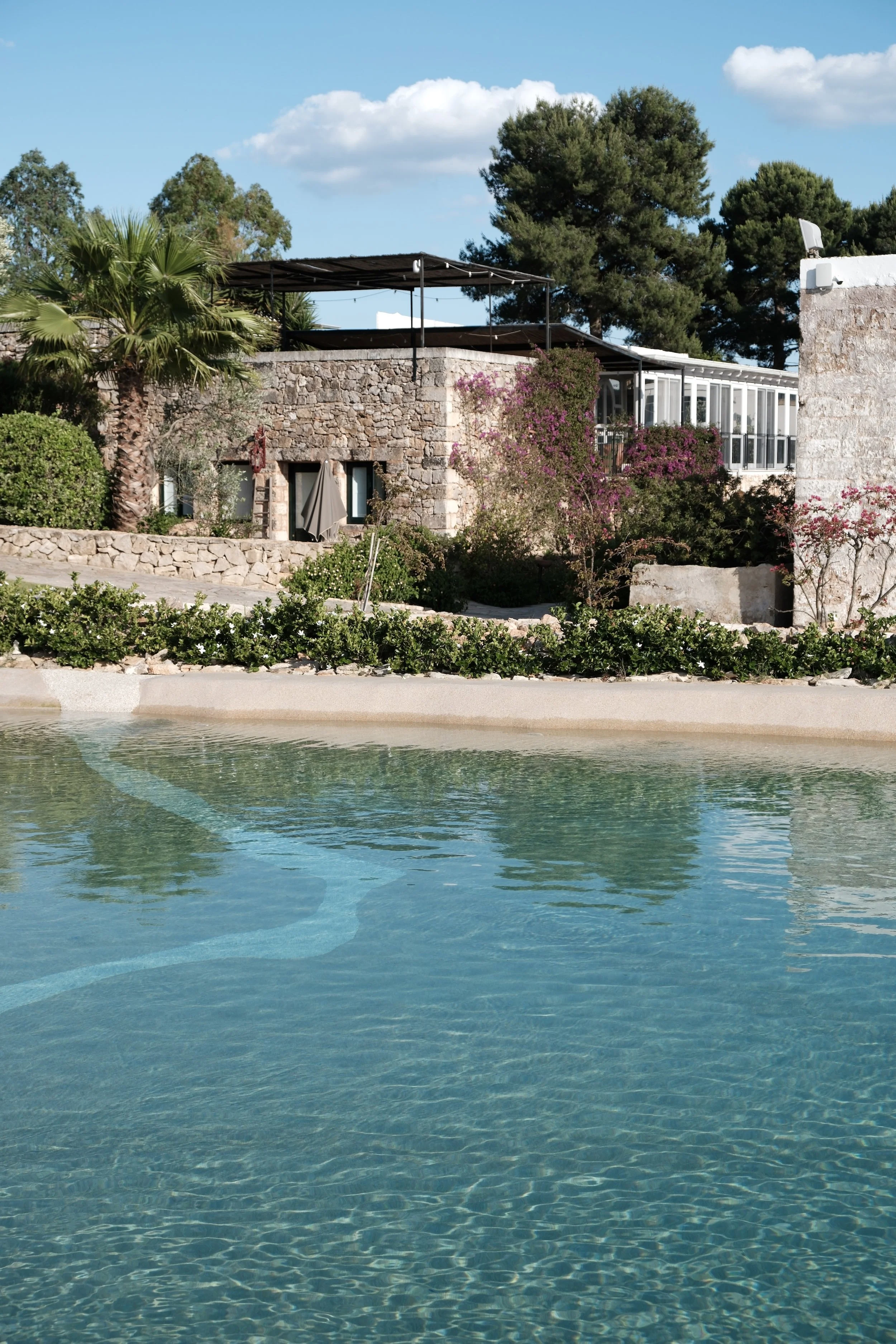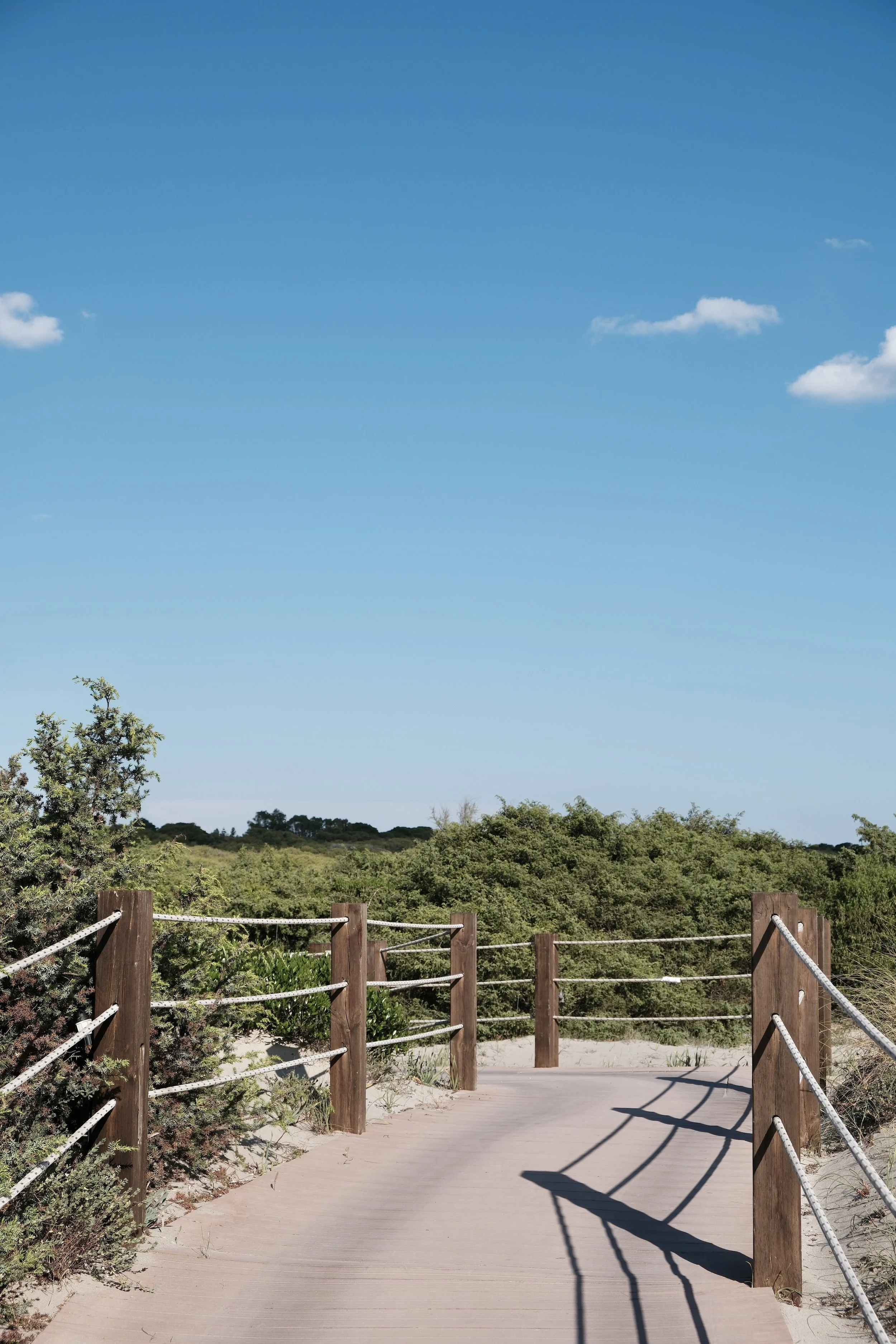A Long Weekend in Puglia
How do I begin to describe the things I adore about Italy? There’s the art, the romance, the staggering abundance of history and the unrivalled glamour of sipping a Spritz while overlooking the Adriatic Sea.
When I daydream, my mind wanders to Abruzzo’s sun-kissed vineyards or the snow-dusted, truffle-scattered peaks of Piedmont. Call me clichéd, but I long to embrace la dolce vita in Venice (especially when the Biennale takes hold); I want to be immersed in the old world splendour of Trieste; and I’m tempted to move to Bologna for the pasta and Mortadella alone.
So when a friend suggested that we run away to Puglia (the sun-kissed, water-hugged region occupying the heel of Italy’s boot) I didn’t hesitate - because who among us can resist the call of Negronis, ceramics and sand?
But with more than 800 kilometres of coastline, an abundance of historic towns, and wineries and ancient olive farms aplenty, where should you begin your Puglia adventure?
There’s Matera (in the neighbouring Basilica region), where you’ll discover Europe’s oldest continuously inhabited settlement, the churches and homes of its UNESCO-protected Sassi districts found within hand-hewn caves that date back to the Stone Age. There are delightful swimming spots around the cliff-hugging Polignano a Mare and buzzing Monopoli (both connected to Bari by train), while further south, in Lecce, you’ll encounter stunning Baroque architecture - almost everything here is built from honey-hued limestone, meaning buildings not only look like ornate wedding cakes, but glow in the sun.
Ostuni, known as the Città Bianca (White City), is packed with boutique stores such as Little Sartoria (where founder Monica Nicoletti creates sustainable, handcrafted embroidered clothing) and charming restaurants like Casa San Giacomo, a traditional trattoria in every sense of the word. For grape devotees, you have Masseria Li Veli, a winery that pairs Negroamaros and Primitivos (grape varietals synonymous with Puglia) with long lunches. And in Alberobello, you have a maze of traditional whitewashed trulli houses - if the crowds here get too much, be sure to unwind over lunch in the veggie garden at Trattoria Terra Madre.
If you’ve come to Puglia to celebrate - or are simply after a meal to remember - be sure to feast at the Michelin-starred Due Camini restaurant at Borgo Egnazia, one of the most luxurious hotels around. Designed to feel like a small village, Borgo Egnazia is family friendly, holds regular fetes and festivals, boasts two private beaches, is a short walk from the ruins of Egnazia (atmospheric remains of an ancient Roman city), and have their own tour provider, Indigenus Experiences, who offer custom excursions. I sampled two of these, kicking off my trip with a morning bike ride along quiet country lanes, past prehistoric menhirs and centuries old olive trees, following a local guide who knew the best spot for a post-cycle gelato. And I caught myself swooning multiple times while visiting studios and workshops in Grottaglie, a town famed for its ceramics (this has been a pottery hub for more than 1,000 years). A highlight was having the chance to spend time with Nicola Fasano, an 18th-generation artisan who works in a space filled with 16th-century kilns. Walking around his store, which has been built into the rock (much like the homes of Matera) and is full to the brim with plates, vases, mugs and sculptures, you feel as if you’ve stumbled upon a true treasure trove. By the time I settled in for dinner at Da Alfredo (a relaxed restaurant celebrating superlative local wines and ingredients) I was weighed down by more than a few ‘essential’ ceramic purchases.
If you’re after a relaxed, beachside lunch following one of your Indigenus outings, stop in at Ostuni a Mare (a resort that is also dotted with Nicola’s ceramics) and claim a table by the Adriatic Sea at Il Pontile. Bathed in light and framed by floor-to-ceiling glass windows, this Mediterranean restaurant has a flair for seafood, and their perfectly-spiced fritto misto di mare is not a dish I’ll soon forget. If you’re craving wood-fired piazzas though, look to Il Pergolato in the hotel’s palm-shaded courtyard. Both restaurants have remarkably friendly waiters (this is a place where names and faces are remembered), one of whom recommended I pay a visit to the nearby Castellana Grotte. Only discovered in 1938, this network of karst caves has taken shape over the past 100 million years, and every surface is adorned with sculptural stalagmites and stalactites.
My friend and I had ultimately come to Puglia to take things slowly, so ended our getaway with a few unhurried nights at Masseria Fontanelle in sunny Salento, where we did little more than devour books by the pools (Spritz in hand) and bob contentedly in the turquoise-hued Ionian Sea.
Of course, there are plenty of reasons to venture further afield - L’Acchiatura restaurant is only a 20-minute drive away, and there are regular boat trips to the sea caves that line the coast, and swimming spots like the crystalline Grotta della Poesia (Cave of Poetry) - but how often do you actually get the chance to unwind in a friendly, history-packed Italian bolthole?
At the bougainvillea-speckled Masseria Fontanelle (which comes with a restaurant and requisite bar) it’s just a case of picking the best spot to chill for any given moment. There are two outdoor pools to choose from (both framed by Mediterranean scrub and overlooking the sea, which you can reach on foot, by using the hotel’s bikes or via their transfer bus), regular yoga and pilates classes, movie nights at the outdoor cinema, a private hydromassage pool, sauna and stream room, and a spa where my massage was so restorative, I nodded off. And while the hotel has partnered with a private beach club, I enjoyed starting my days with a walk along the glowing white sand and setting up my towel in a spot I had all to myself.
Parts of the property were built between 1600 and 1800 (the masseria began its life as a convent), and being surrounded by this much history has a fascinating effect. As you lie in the sun, your mind wanders to all that has unfolded here, the stories and dramas that have played out within these stone walls… until you become so hot that you have to jump in the pool once more.
To learn more about Masseria Fontanelle, click here - and for more Italian inspiration, check out our Italy magazine.
Words & Photographs by Liz Schaffer

